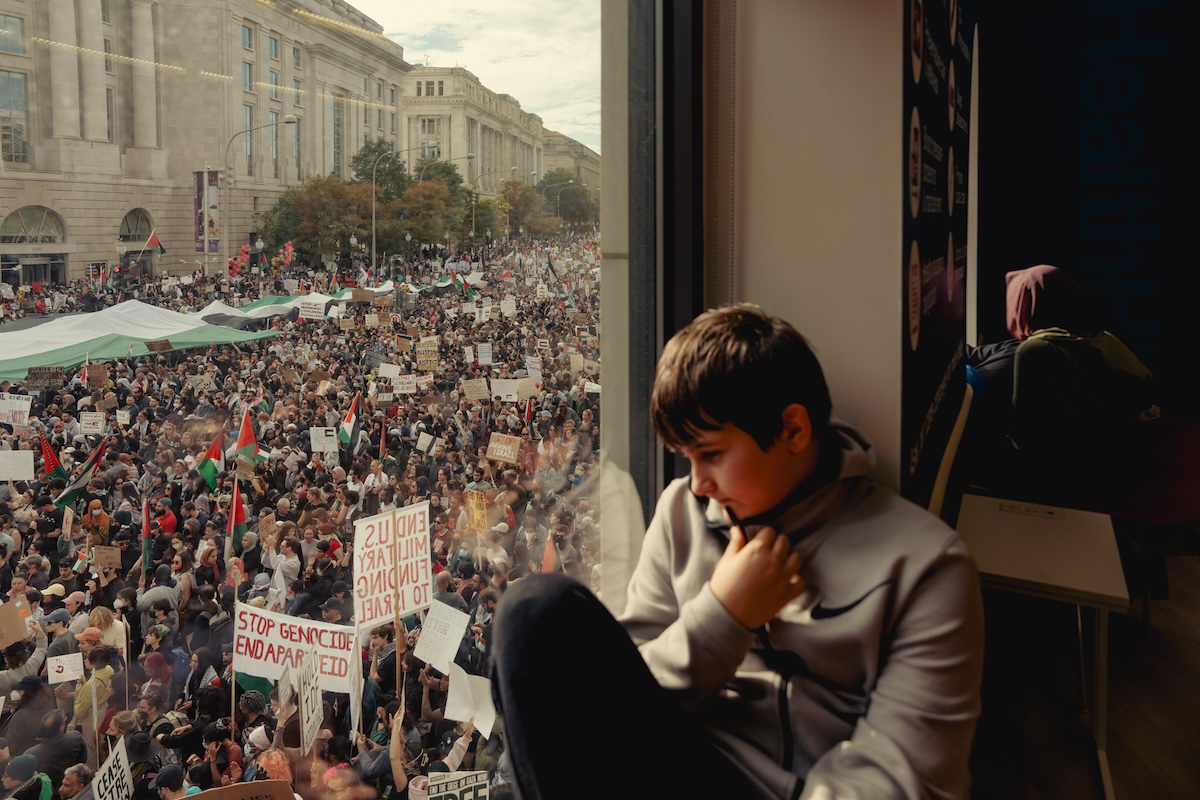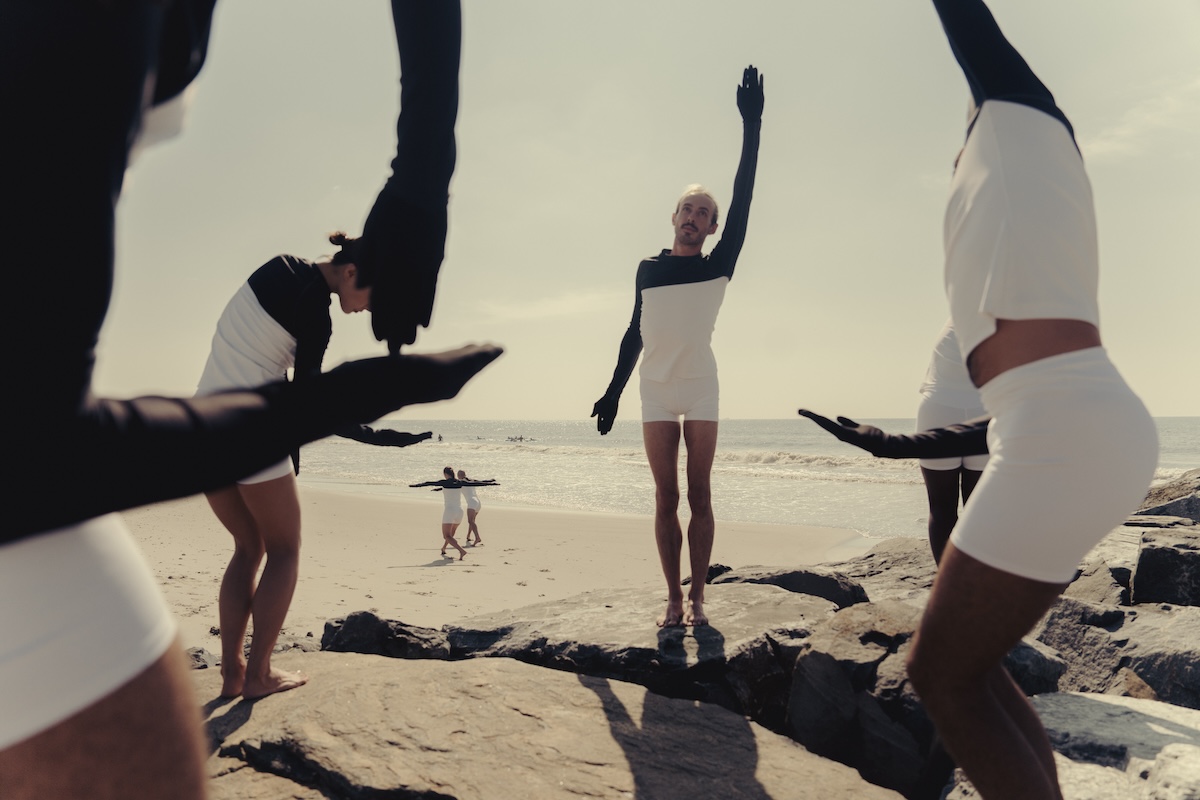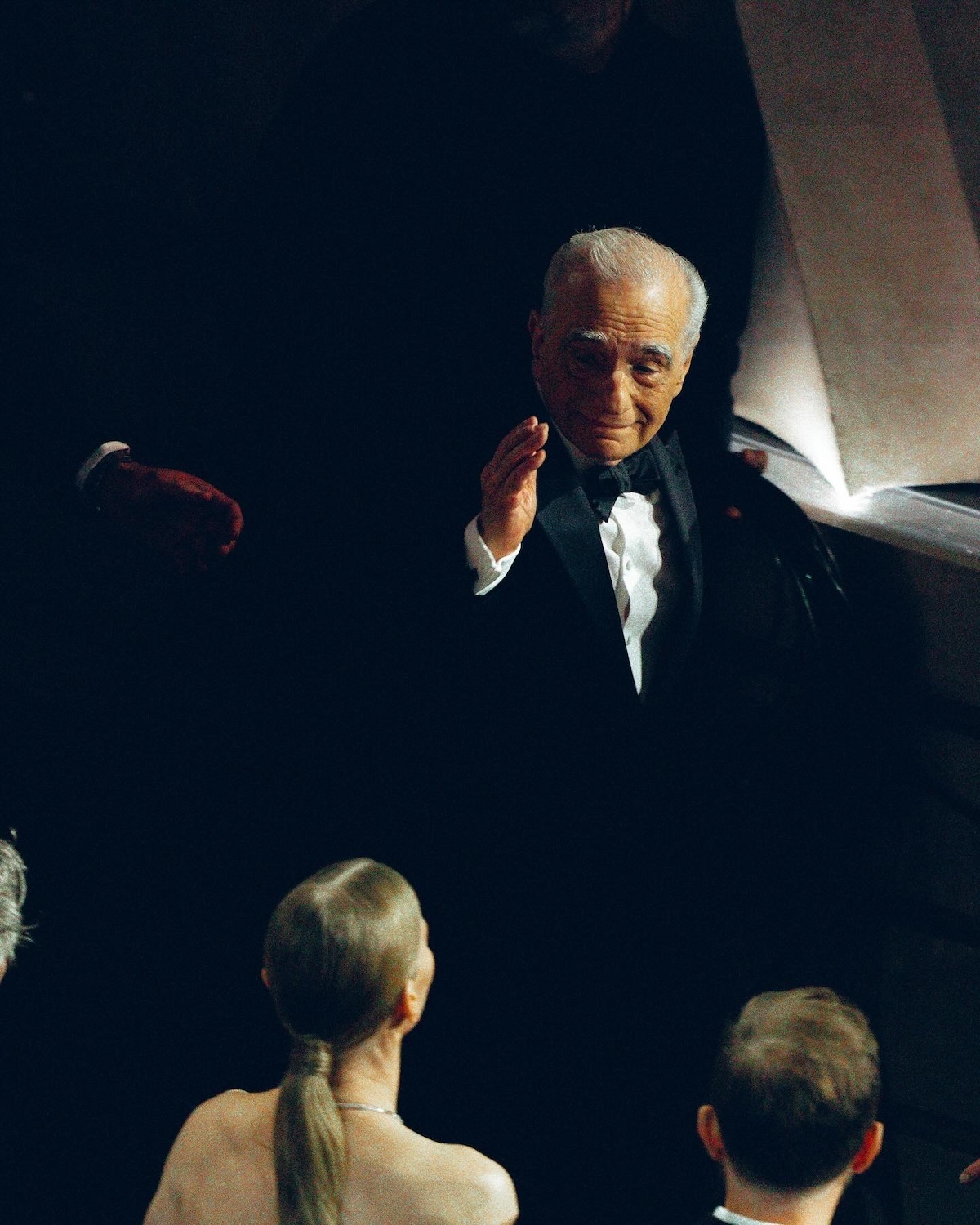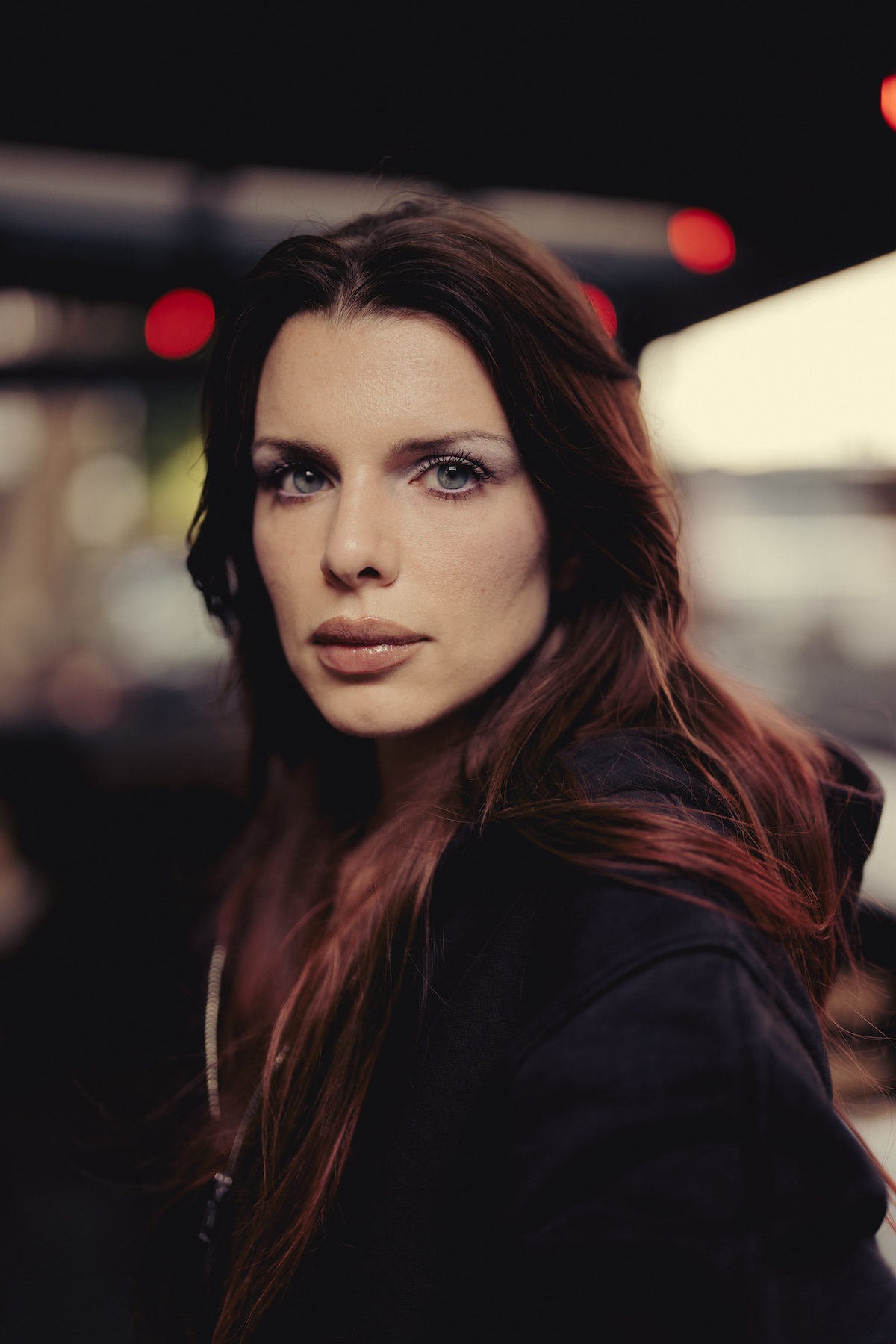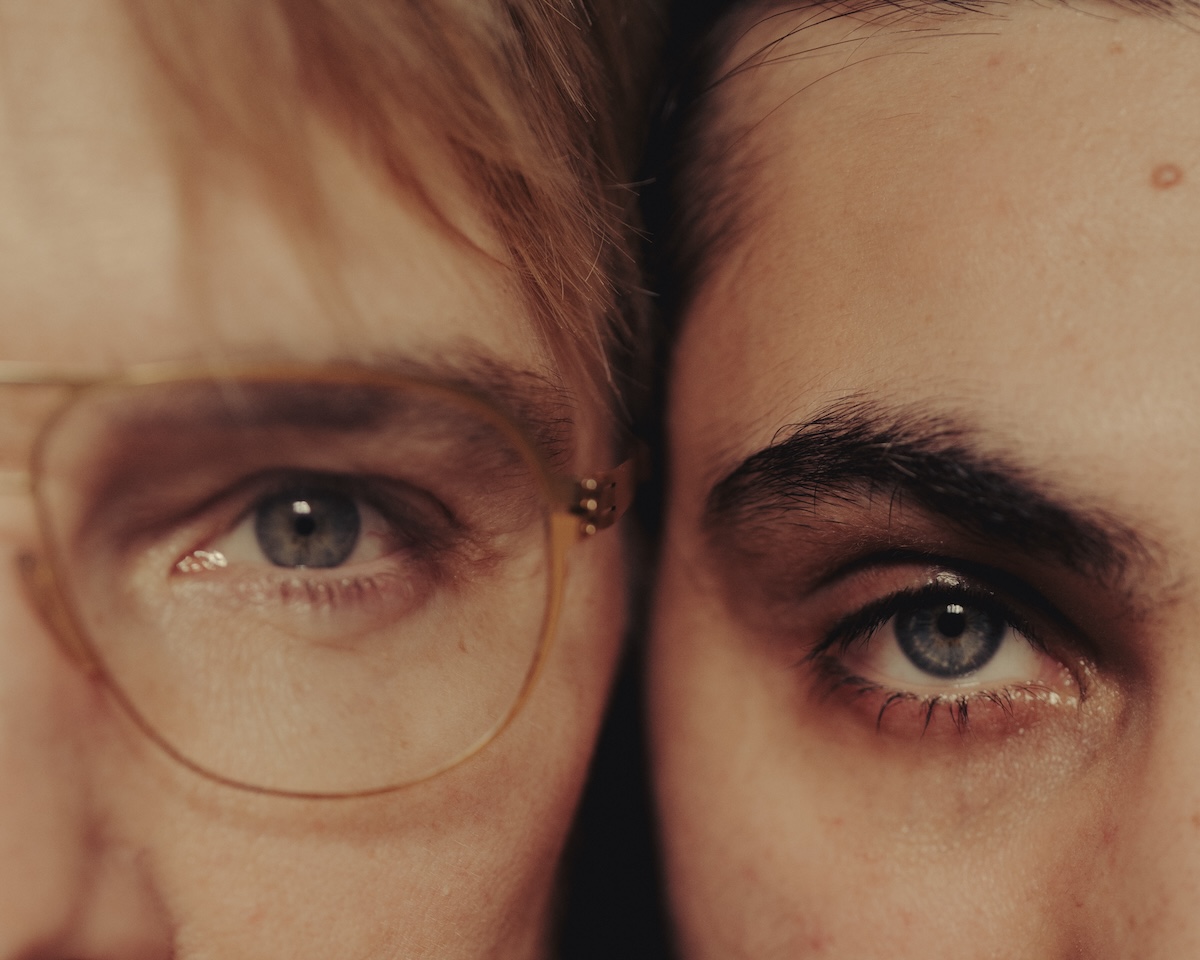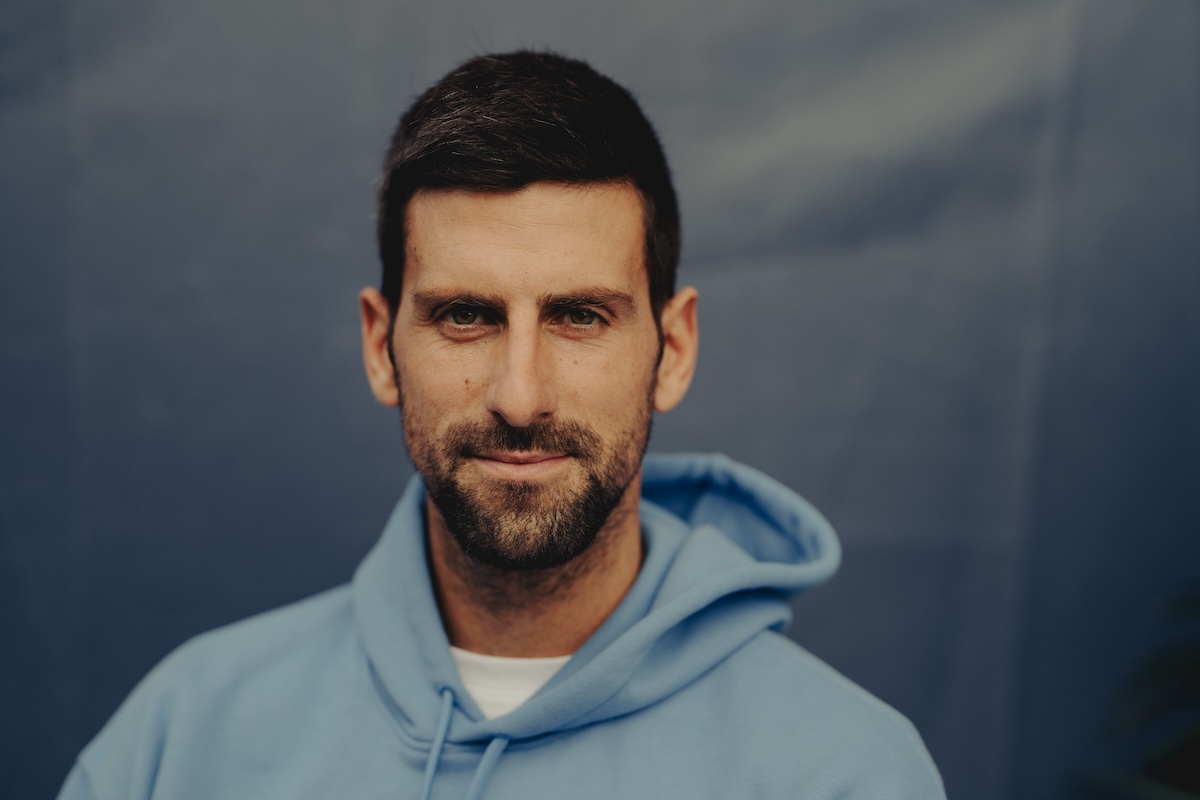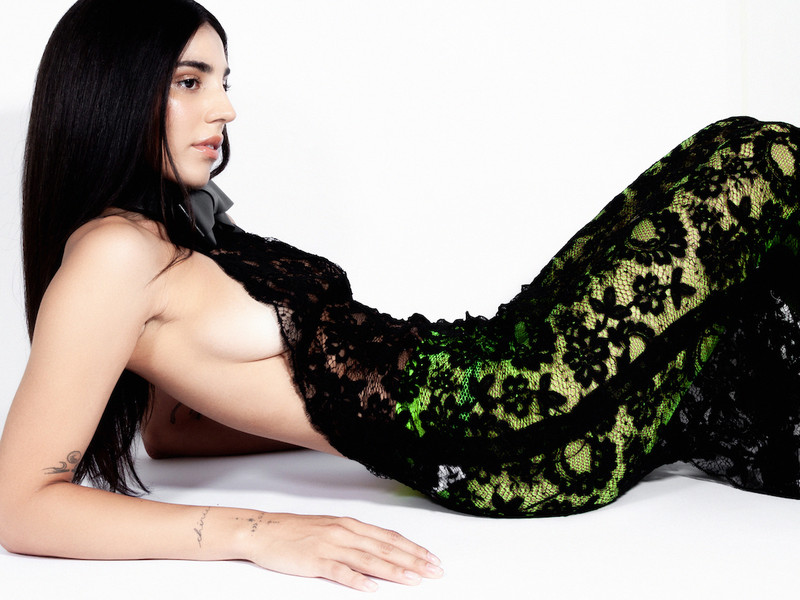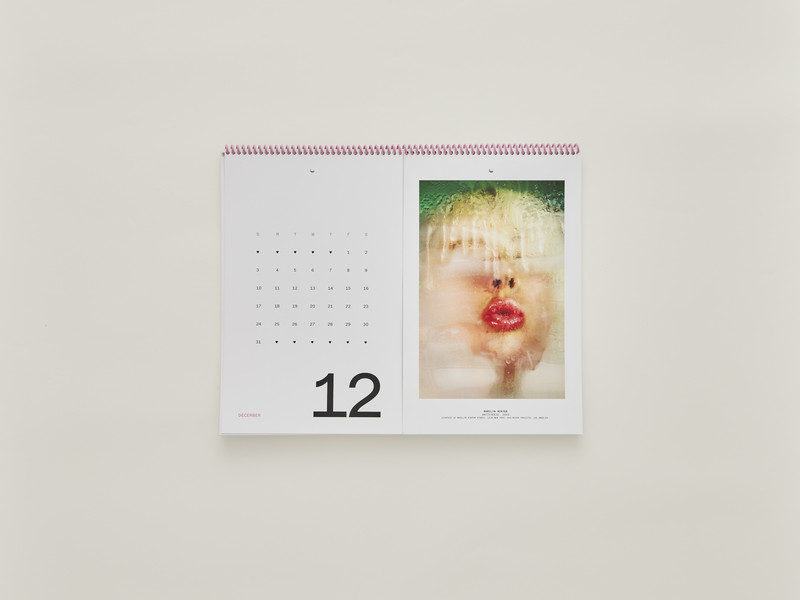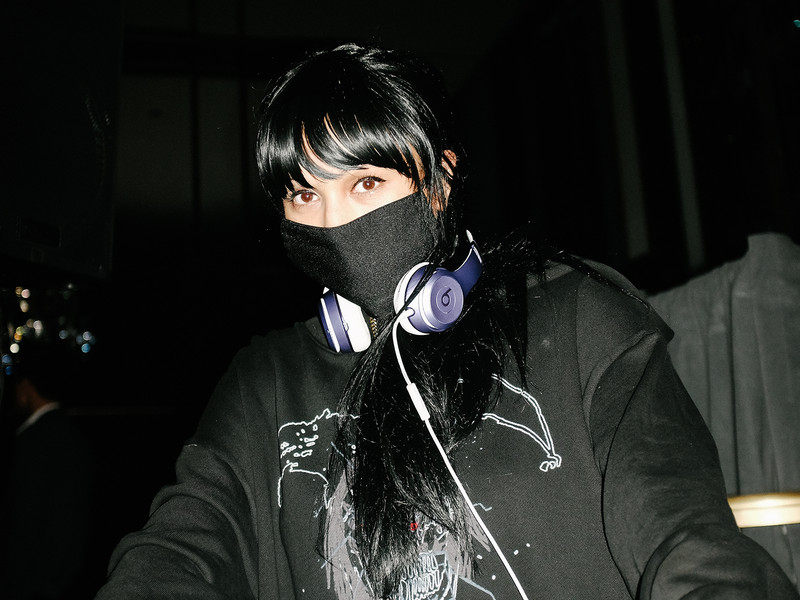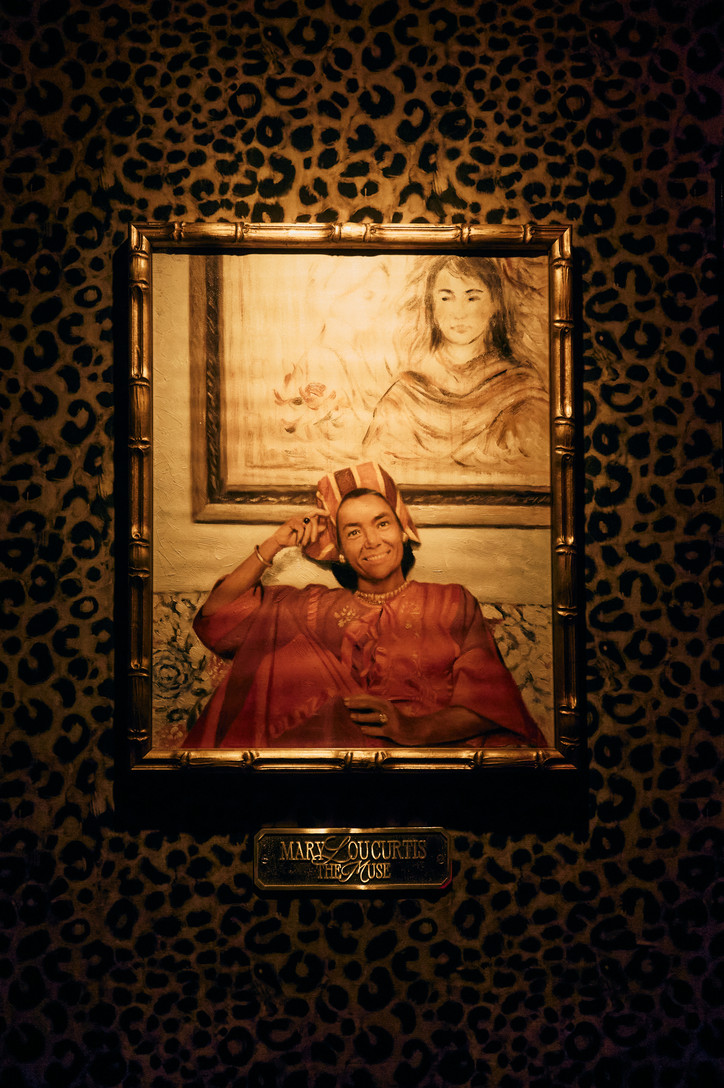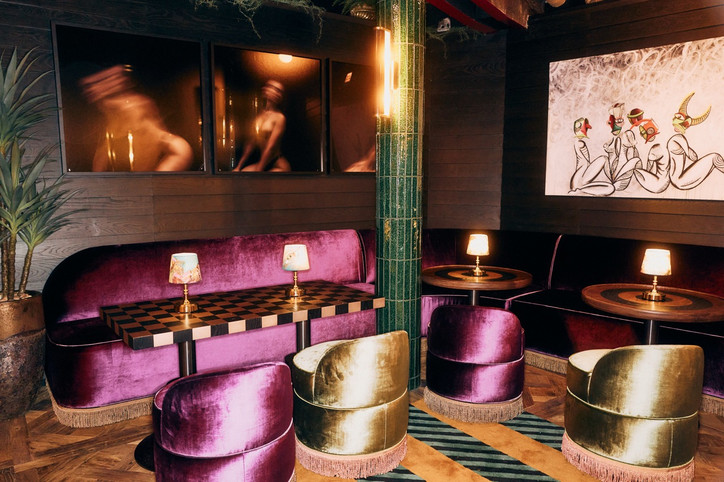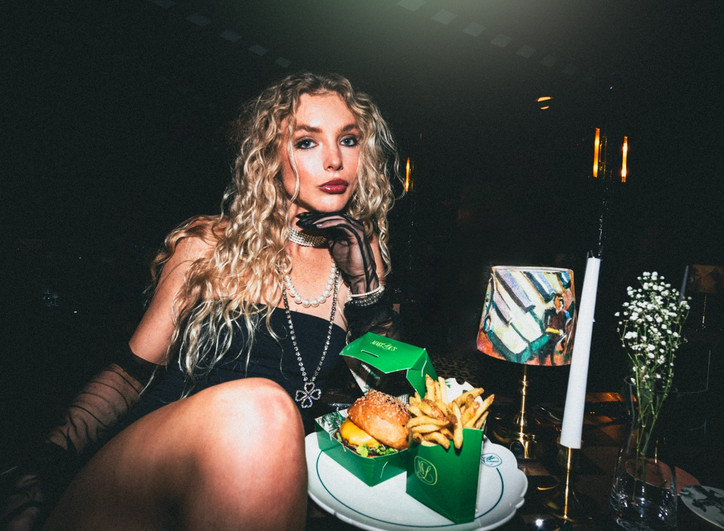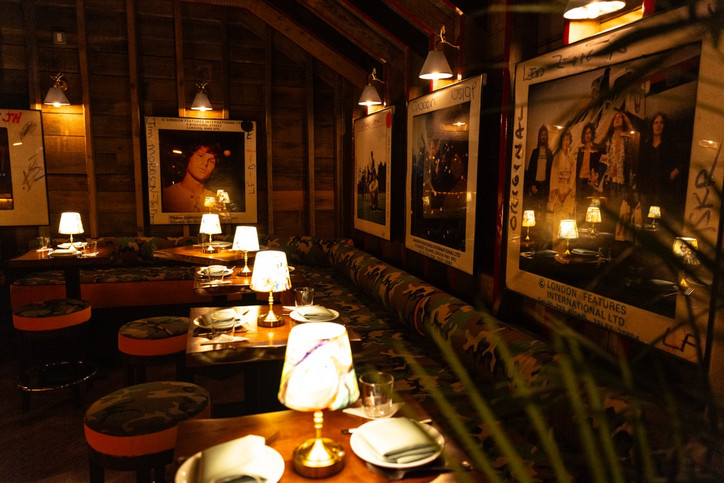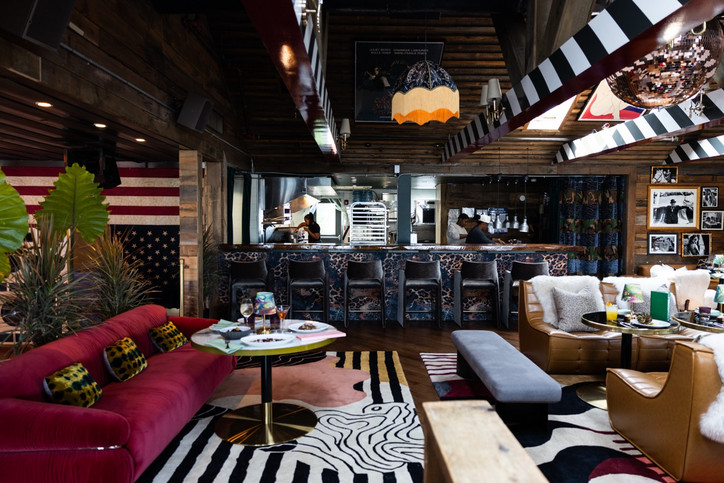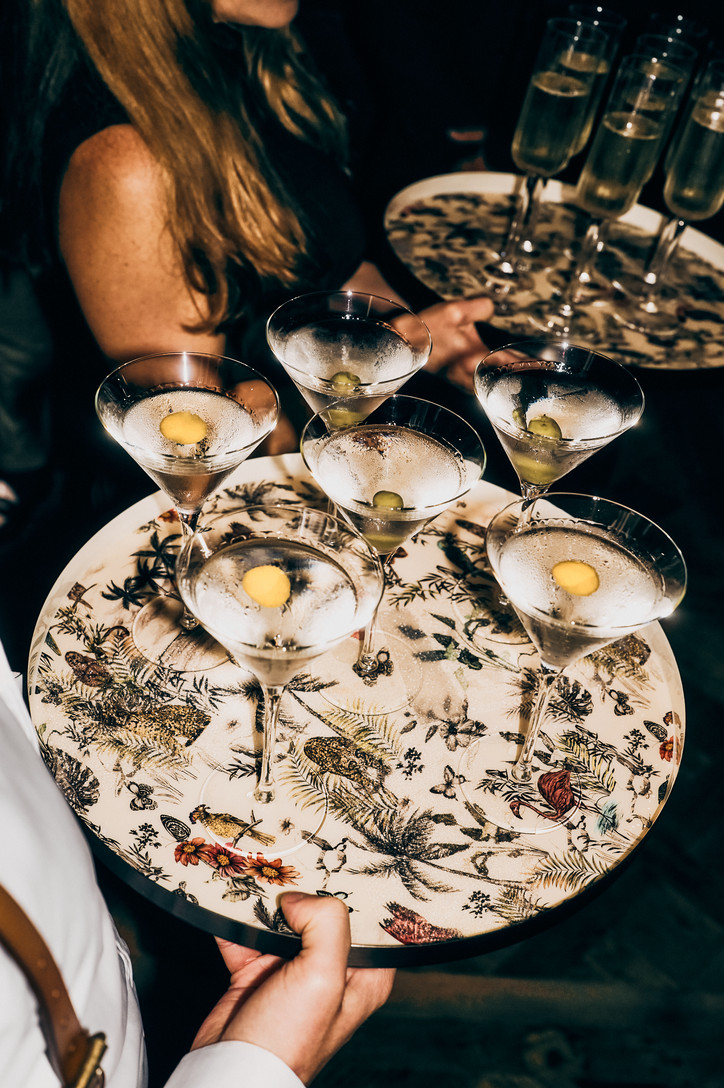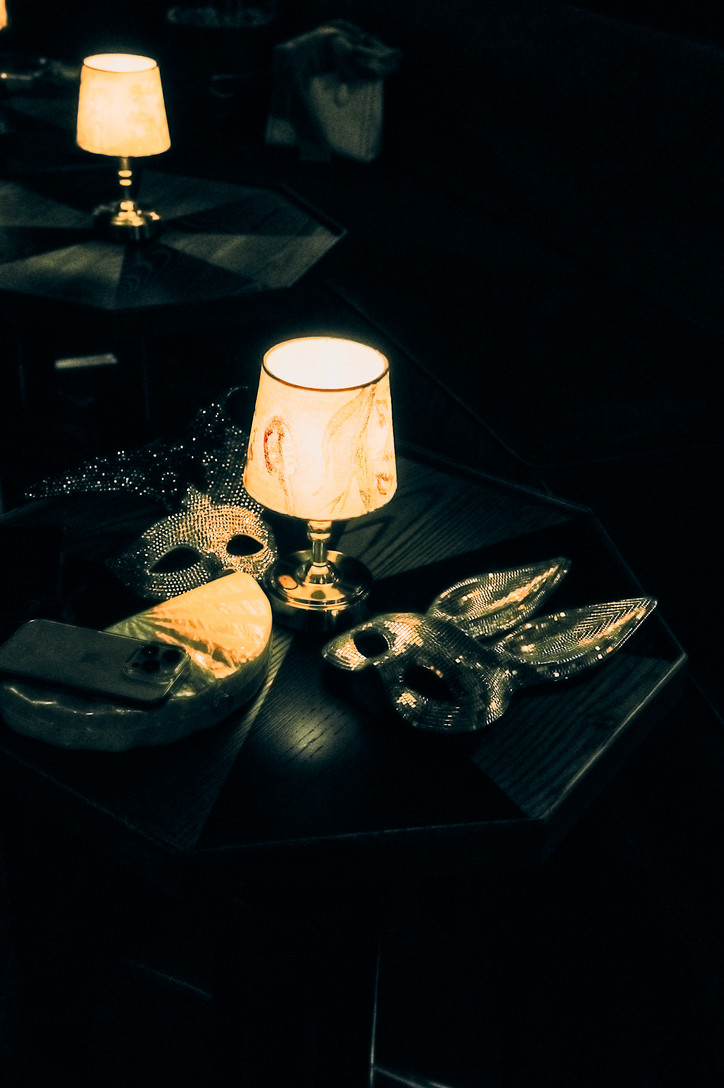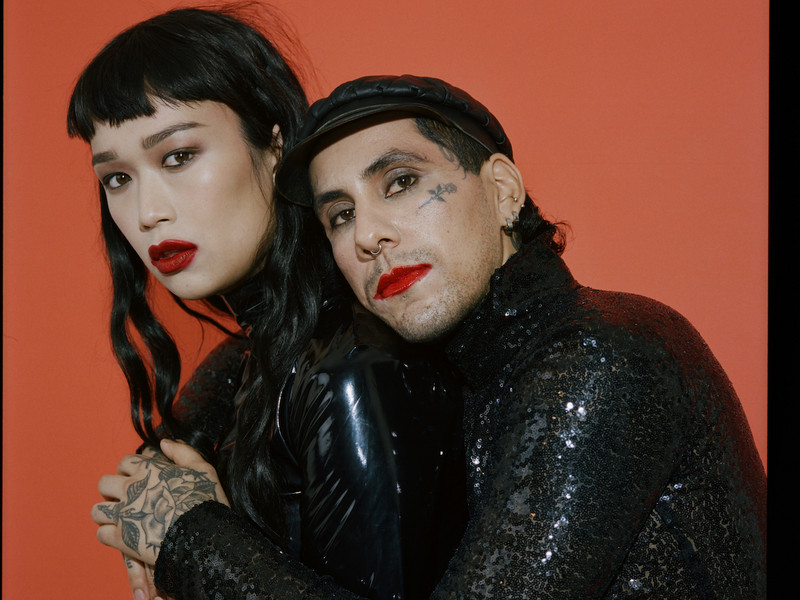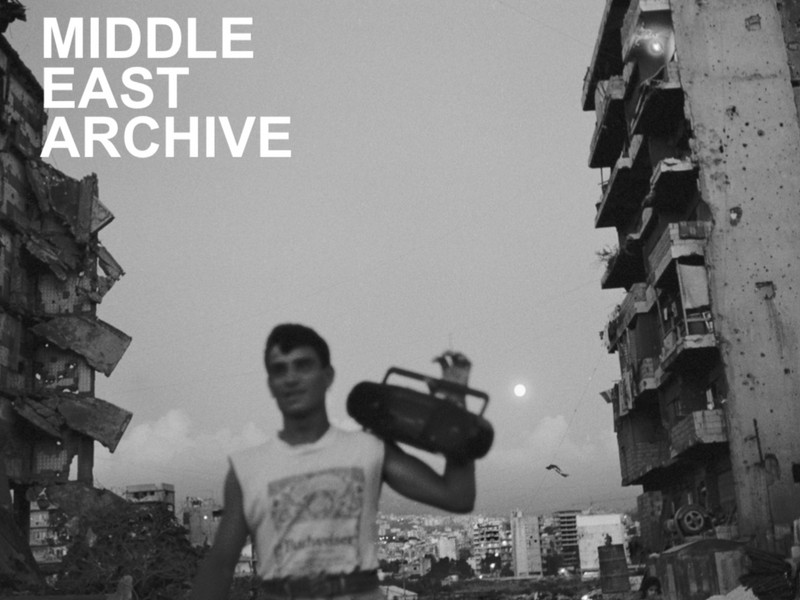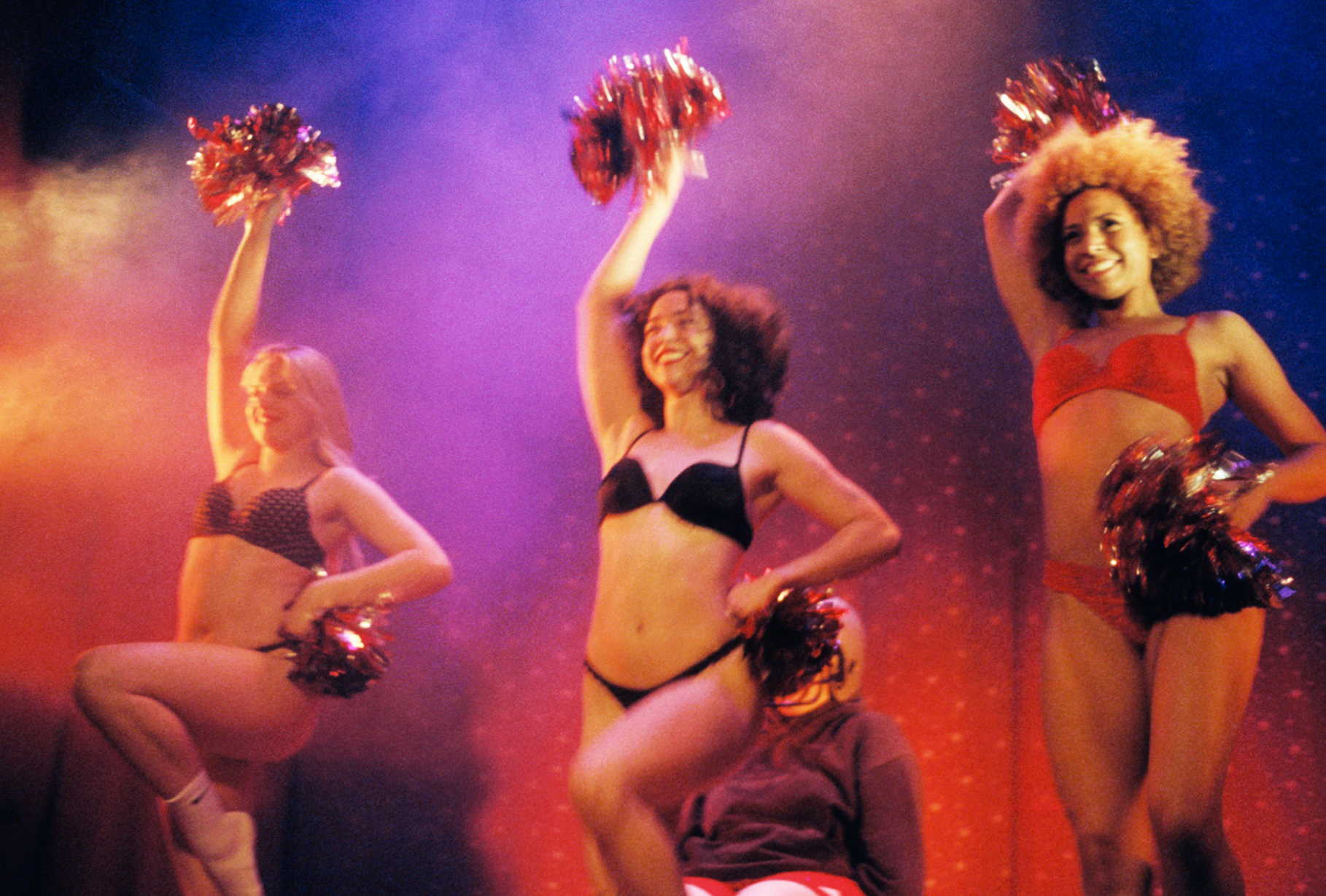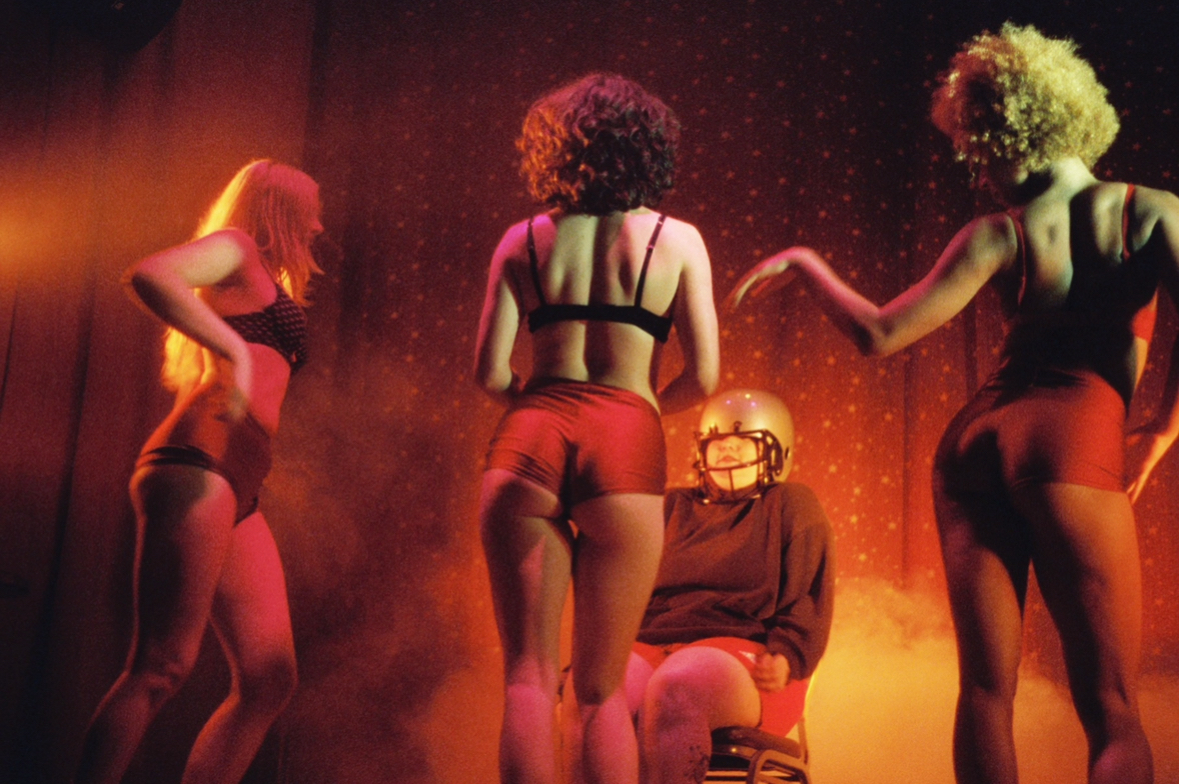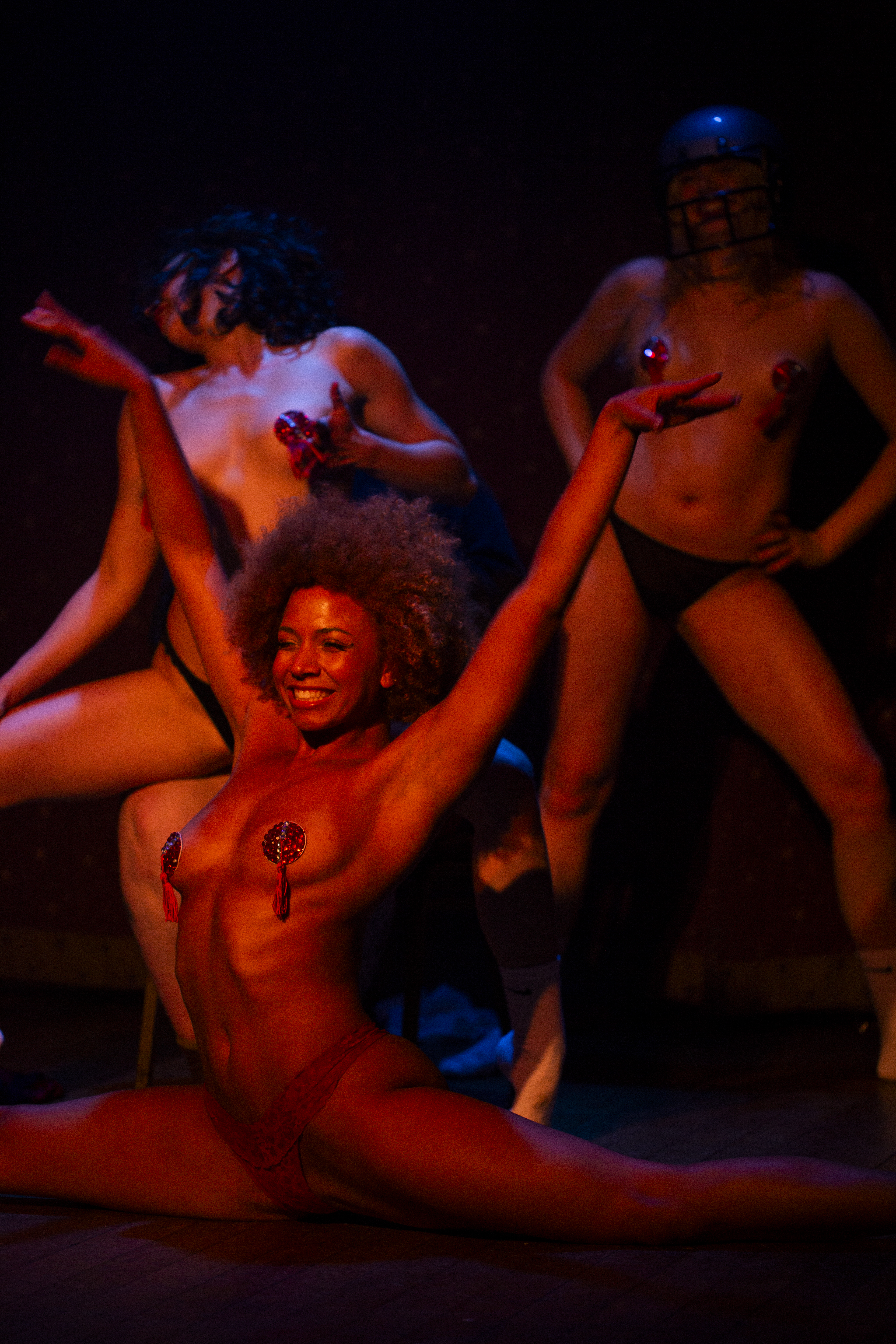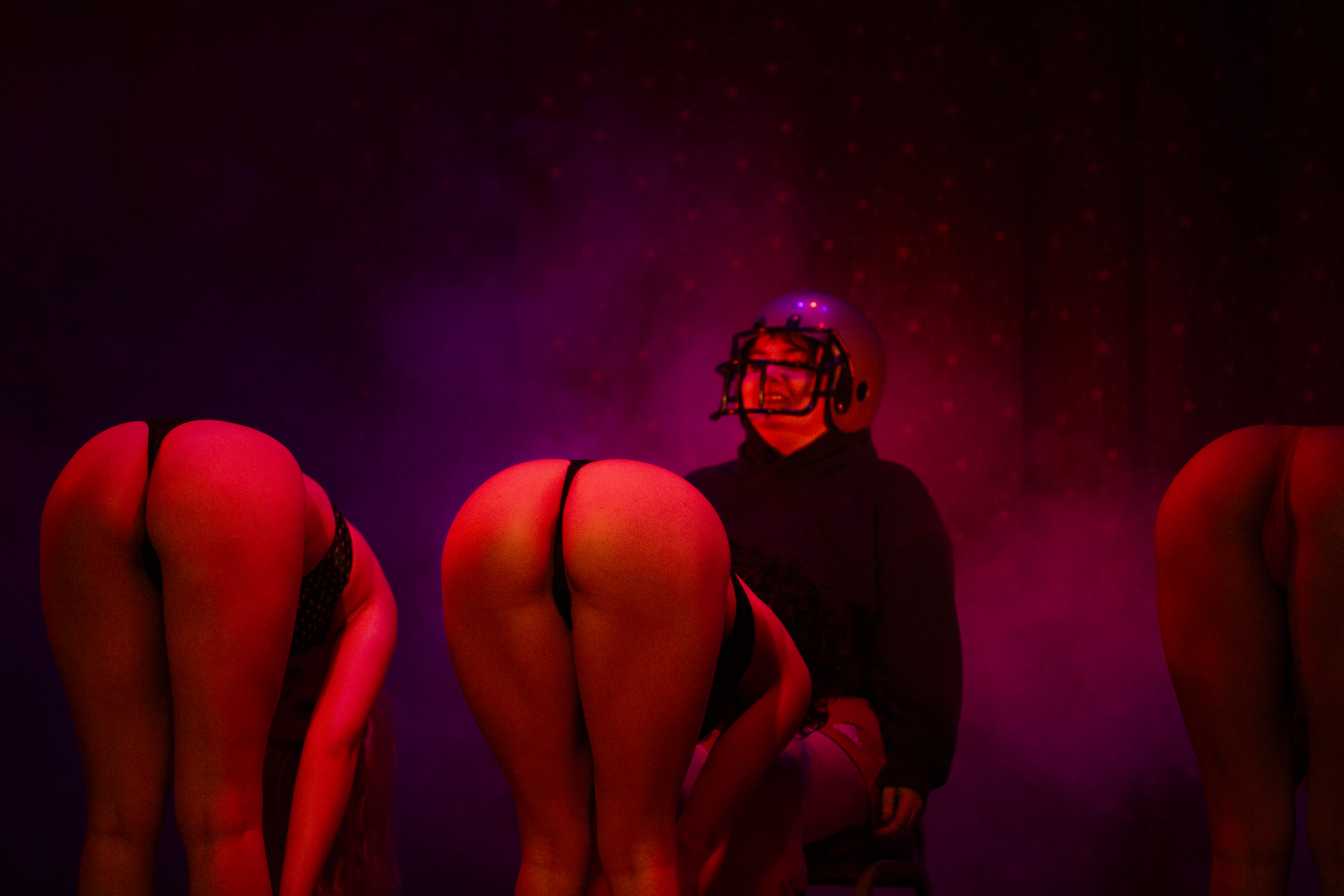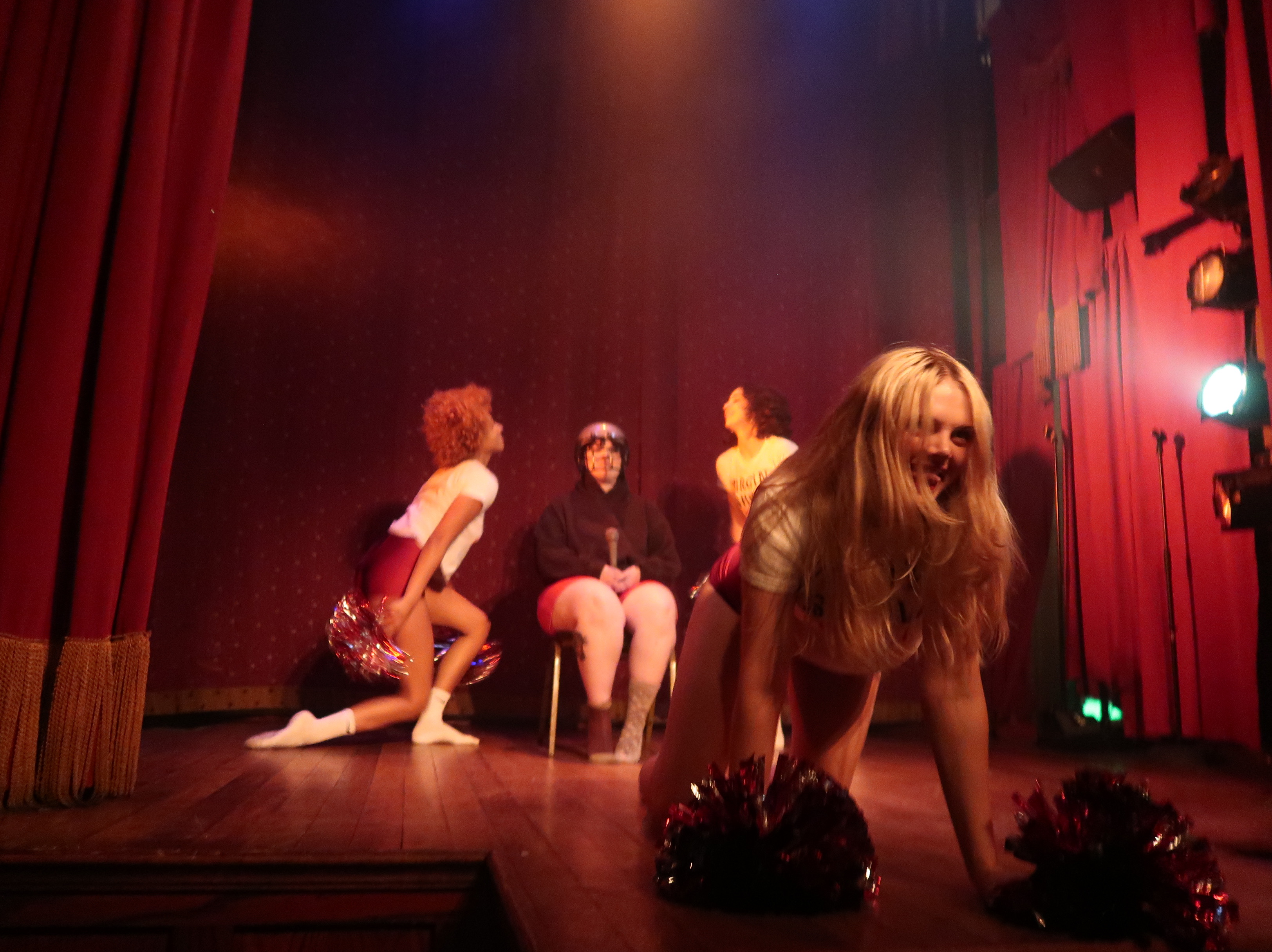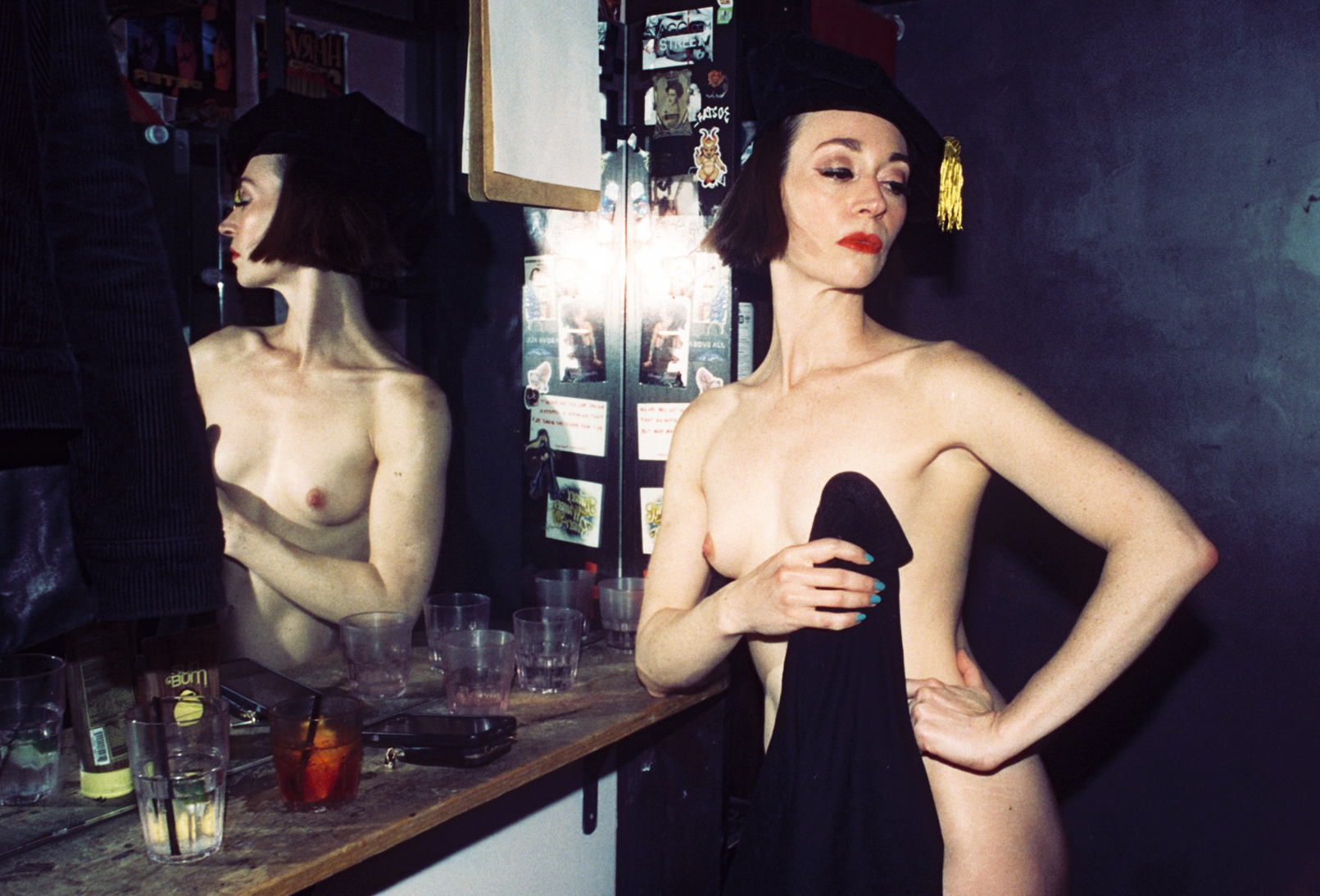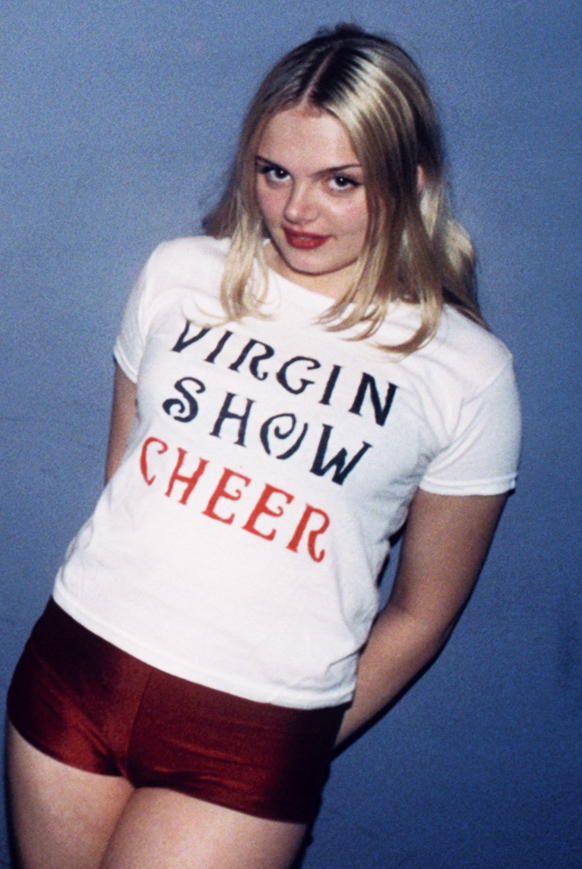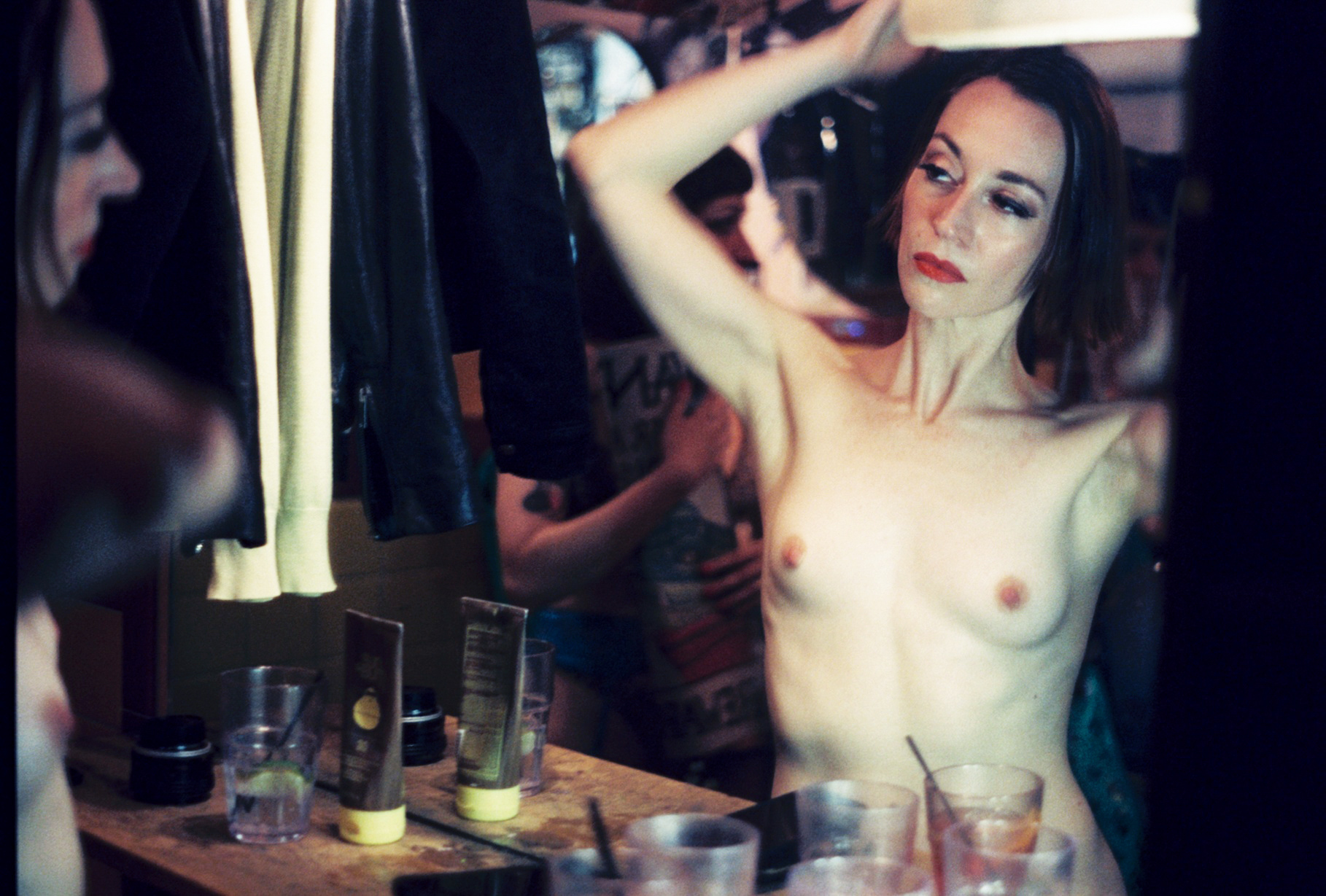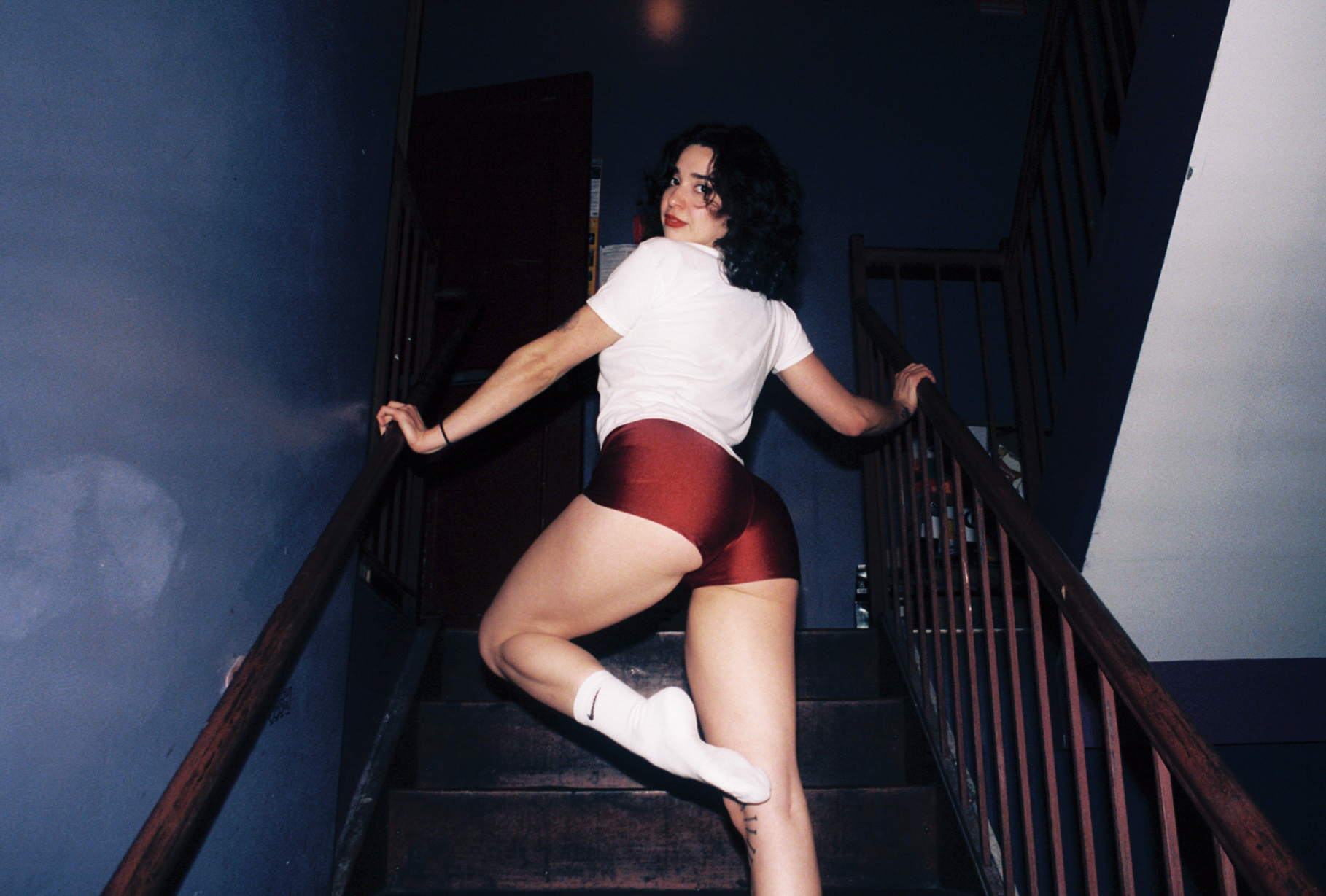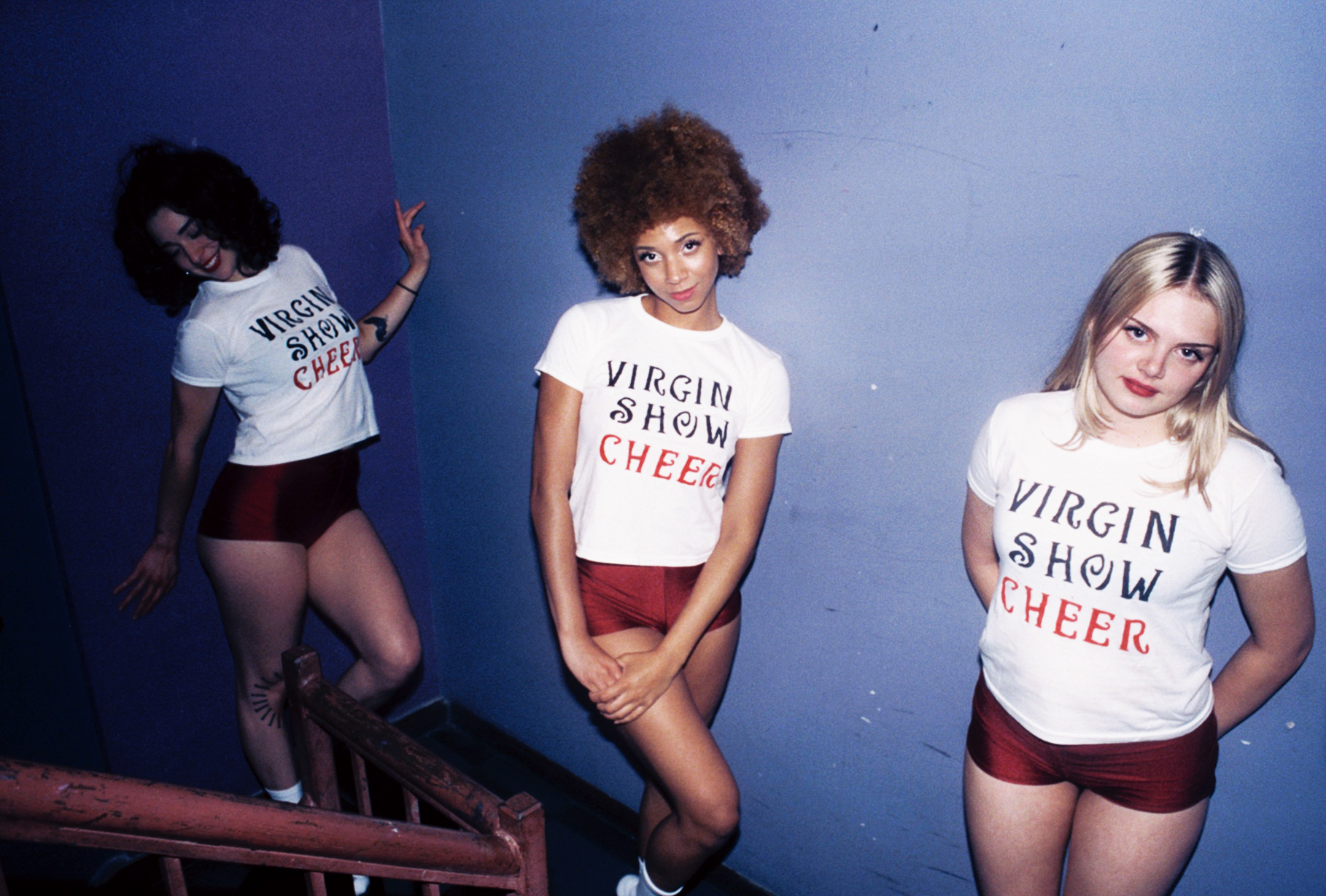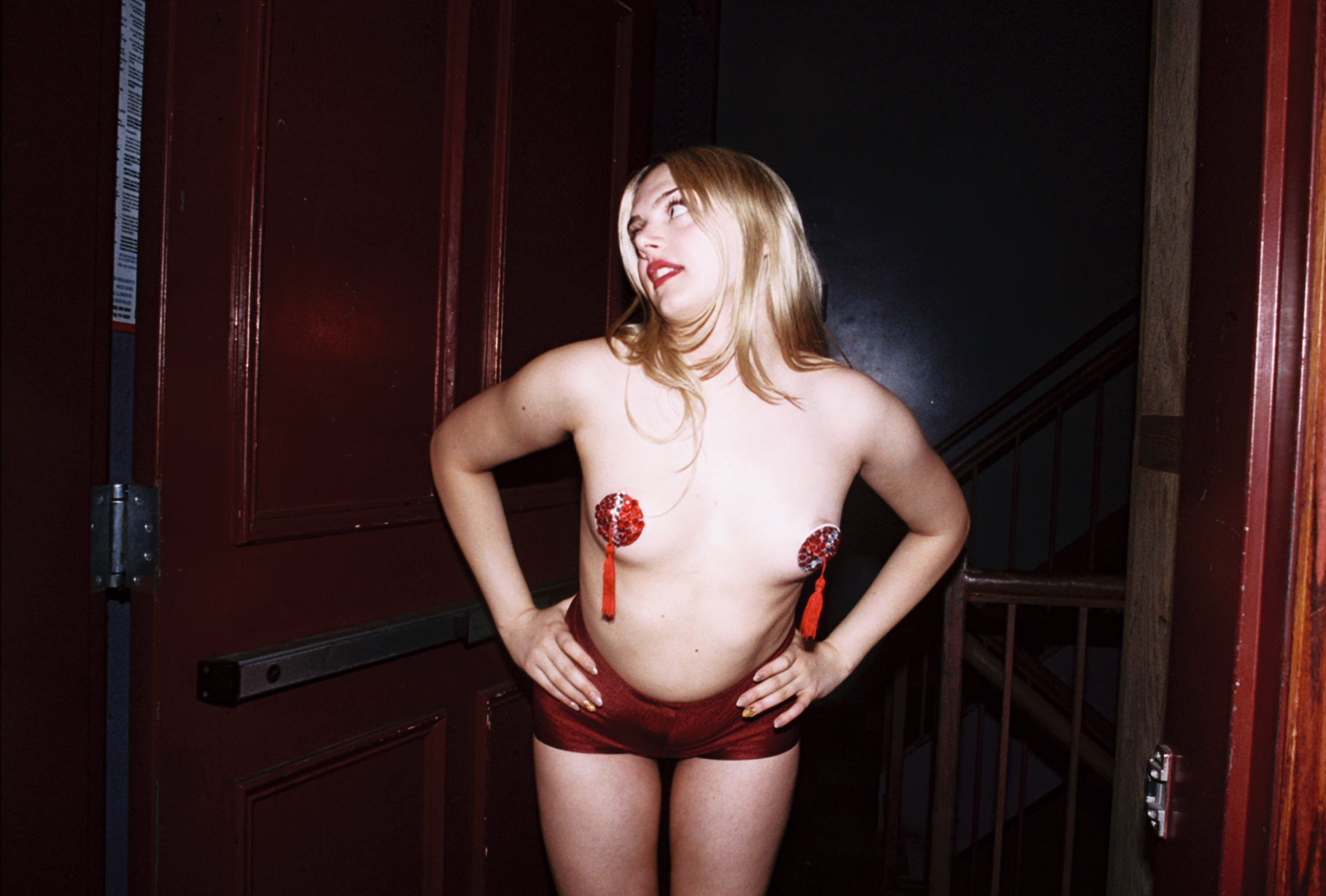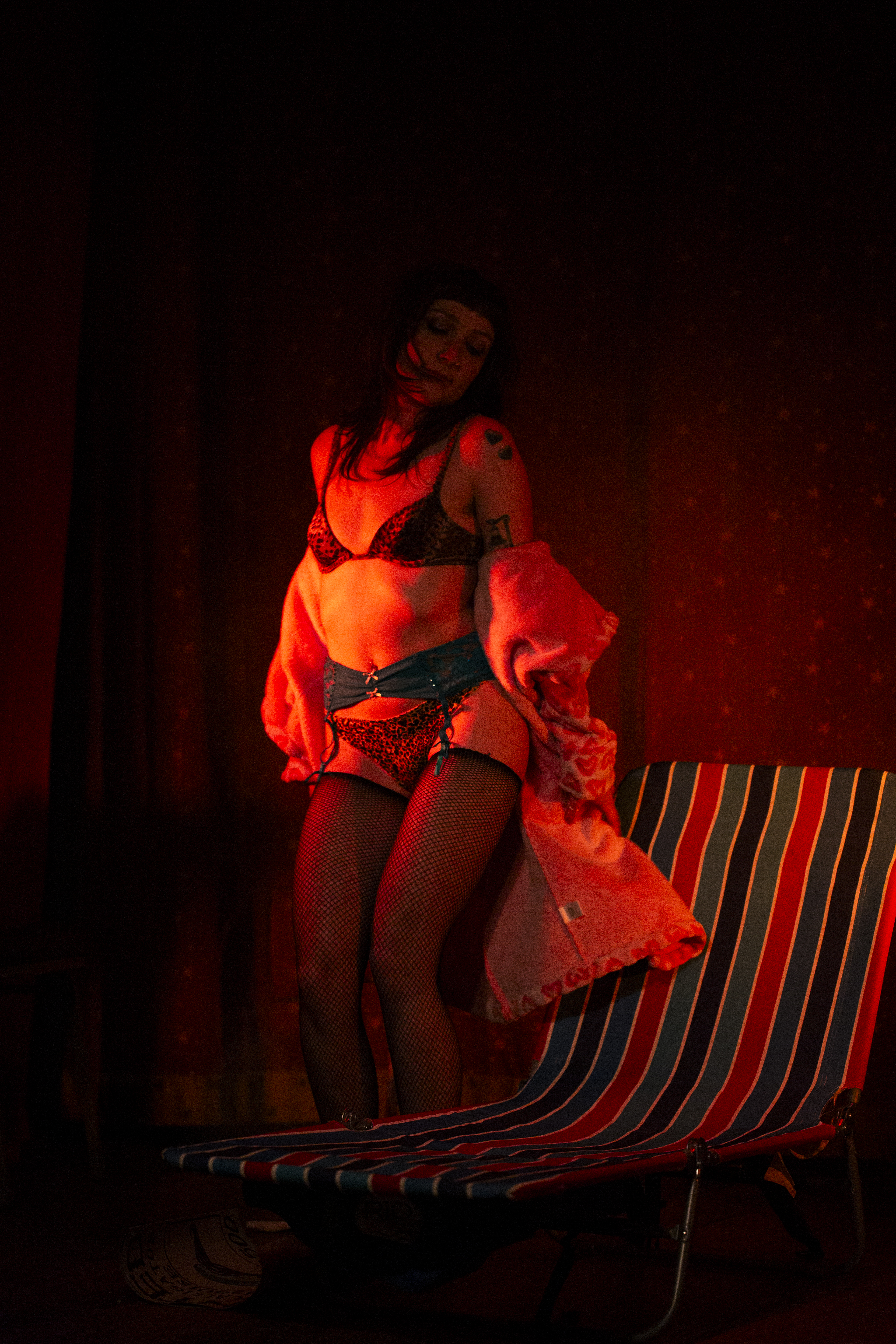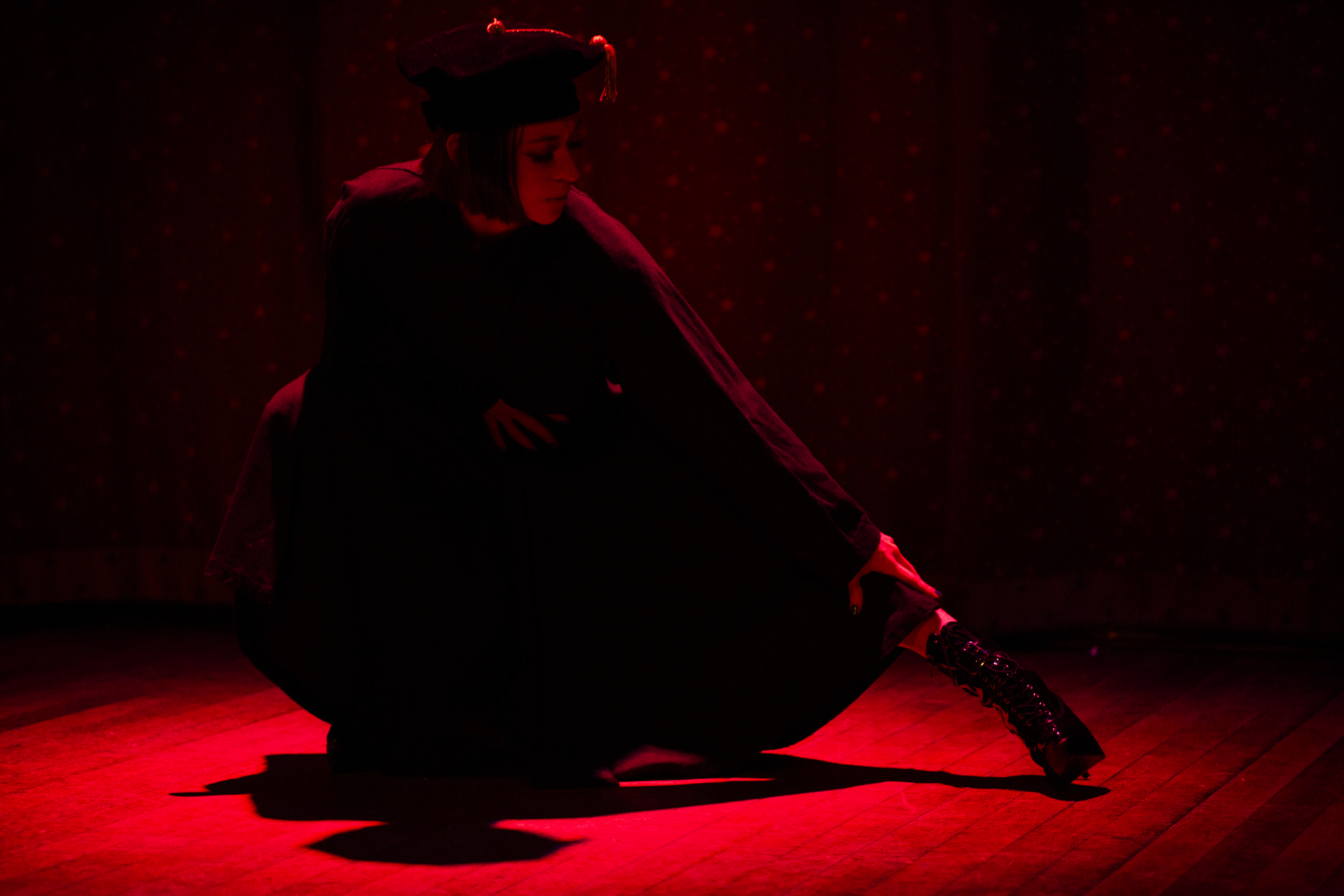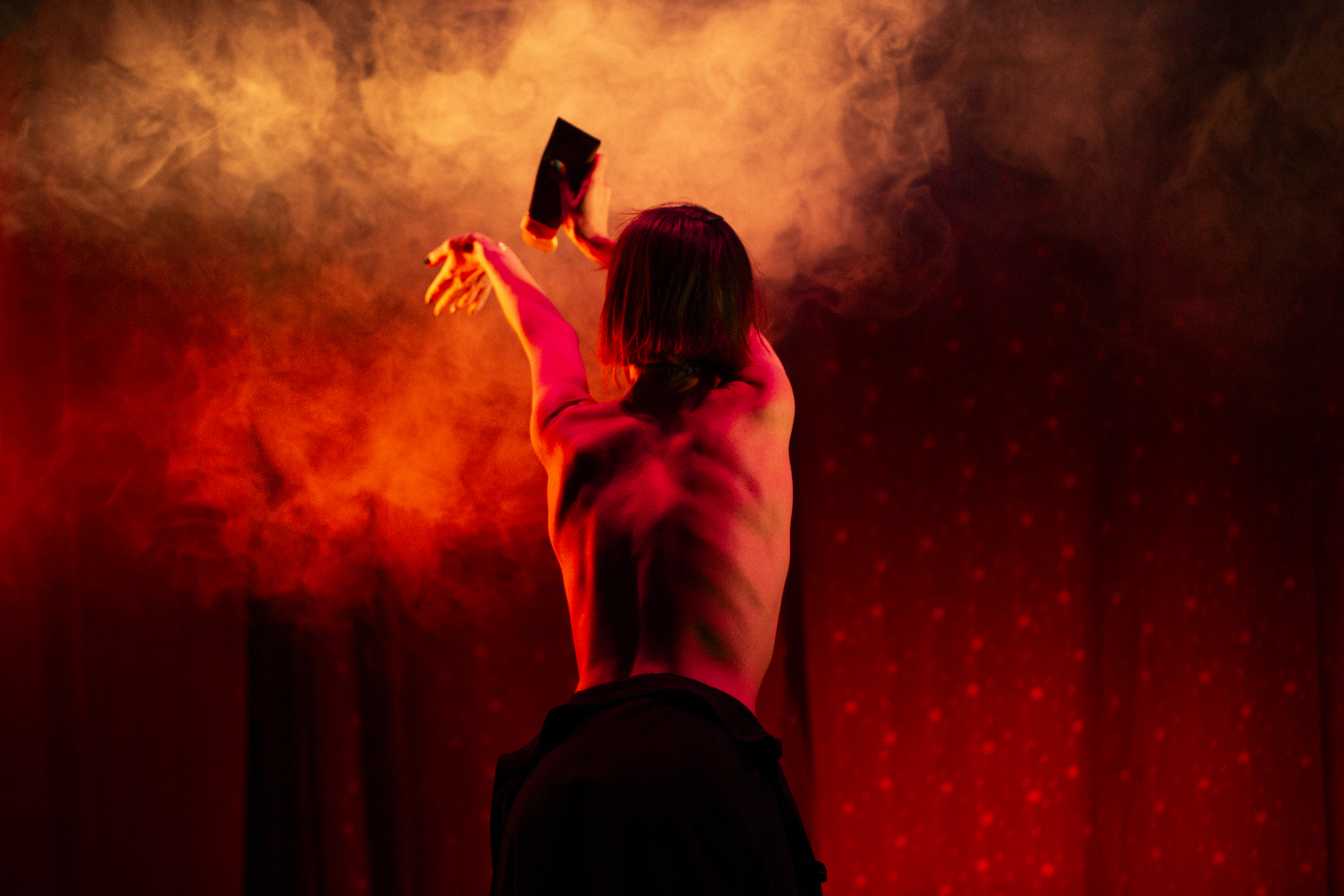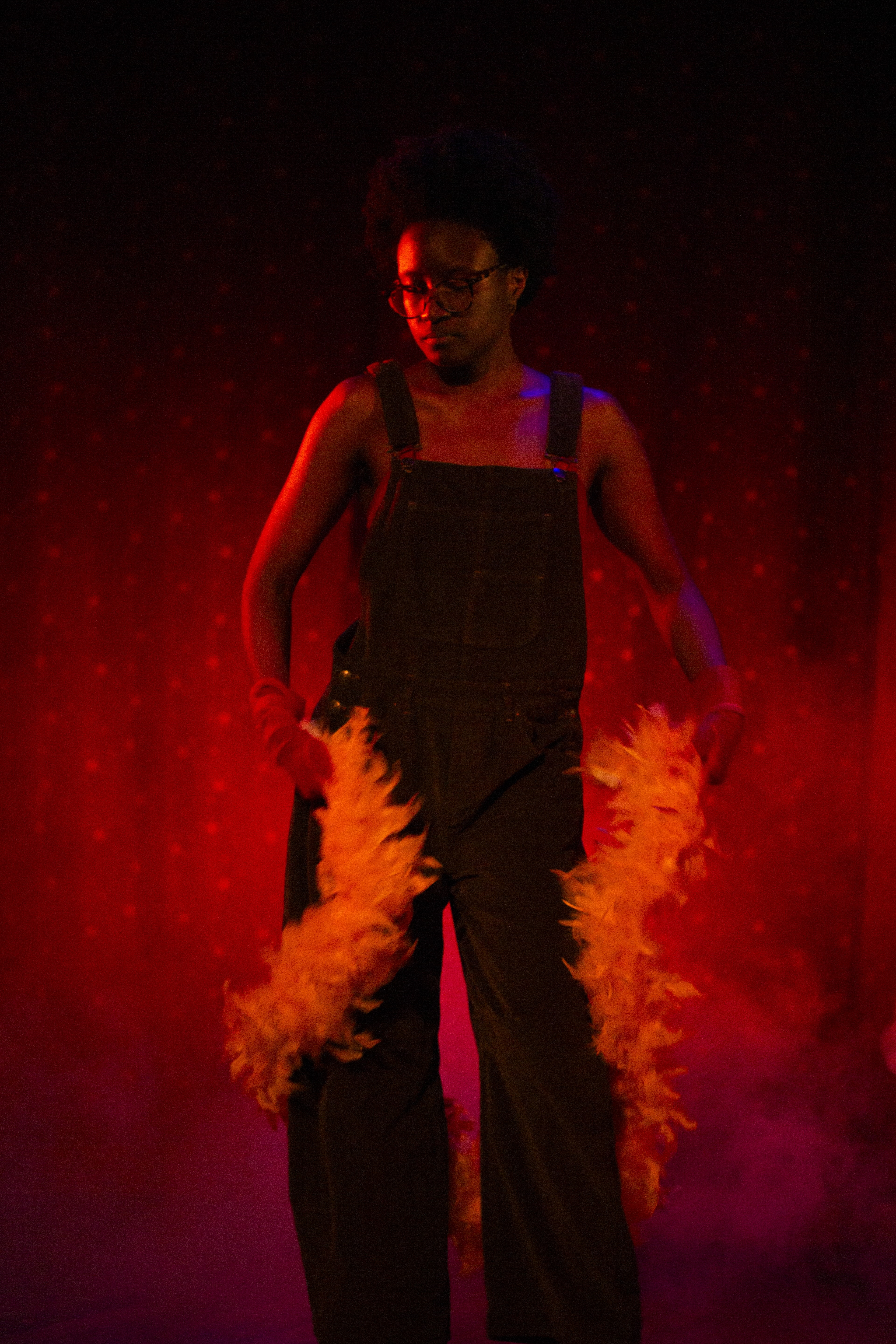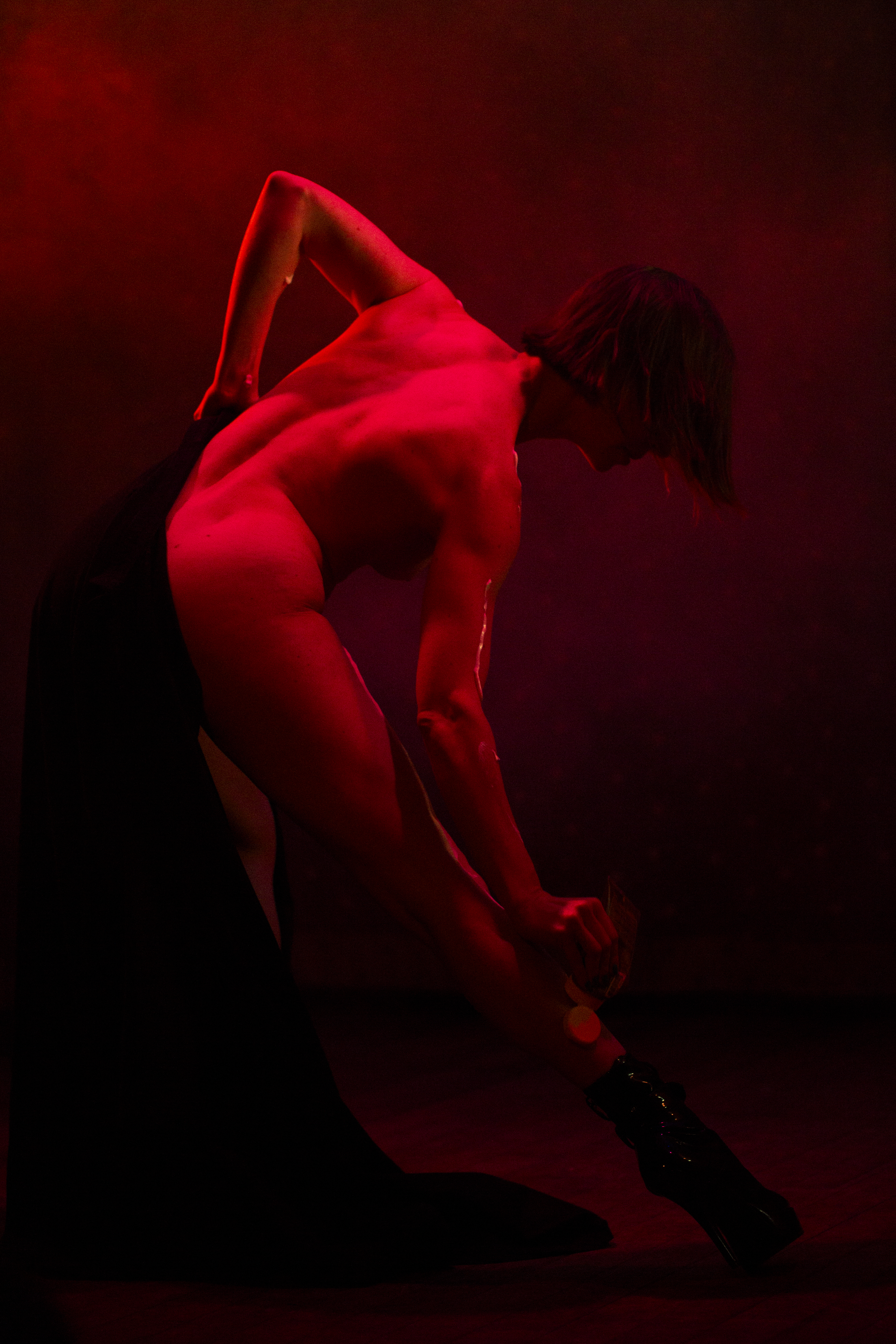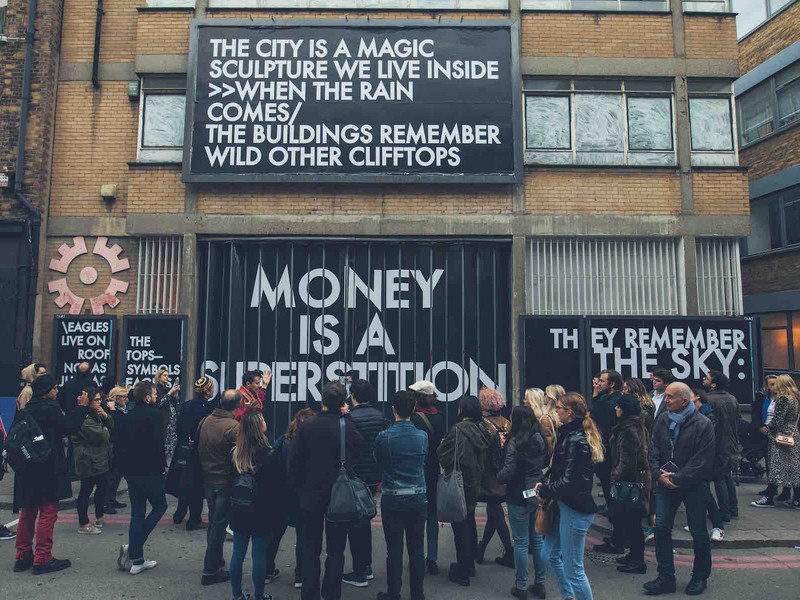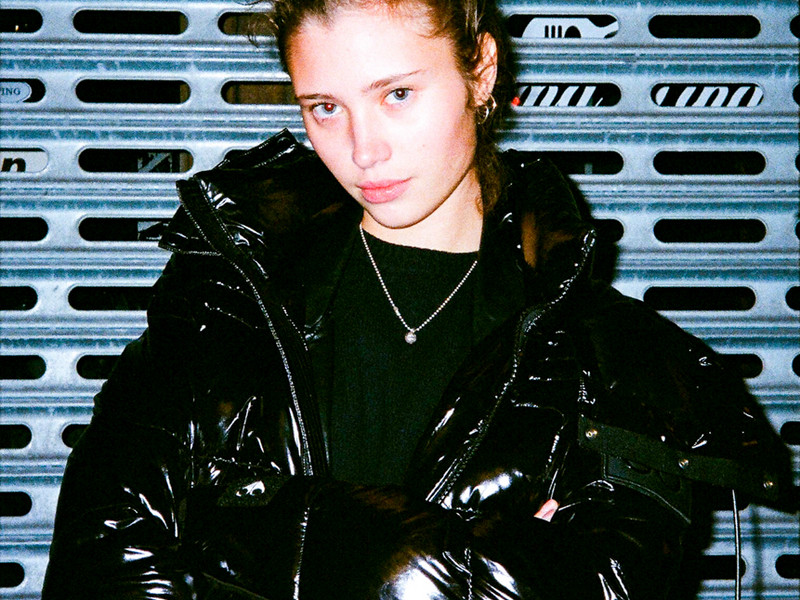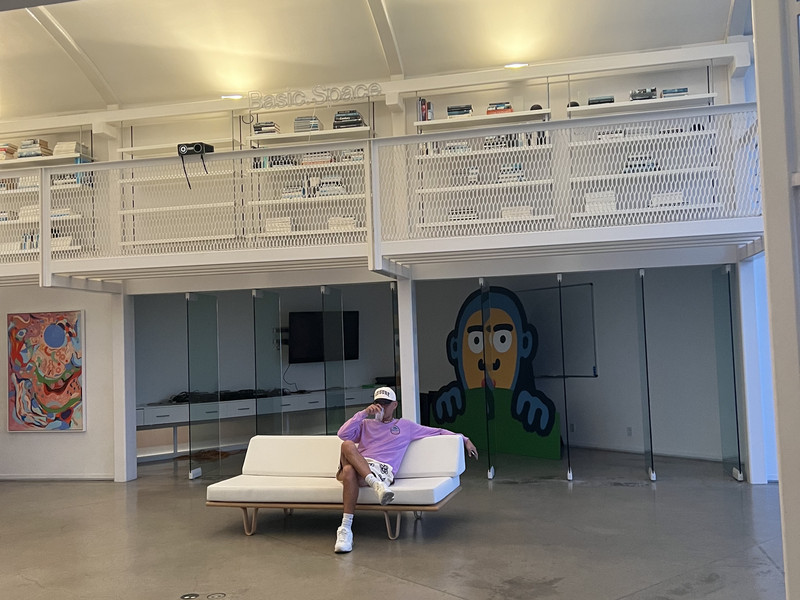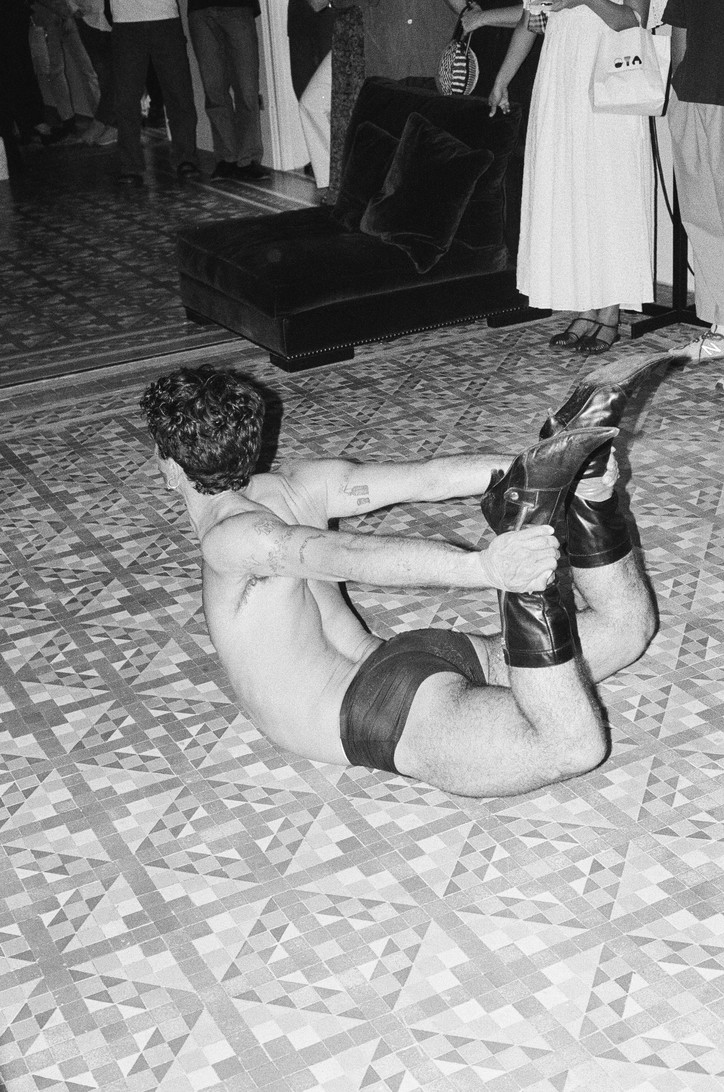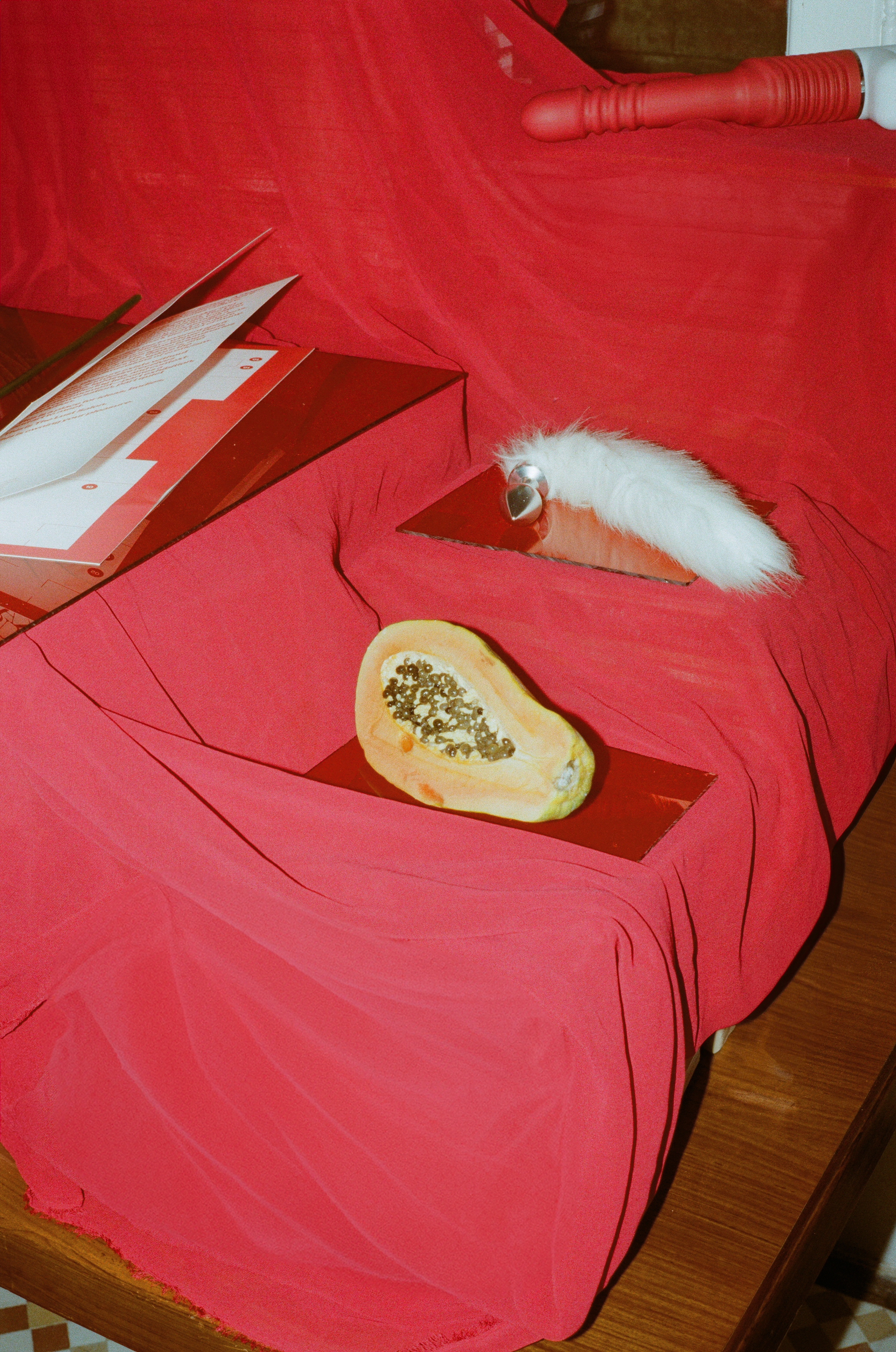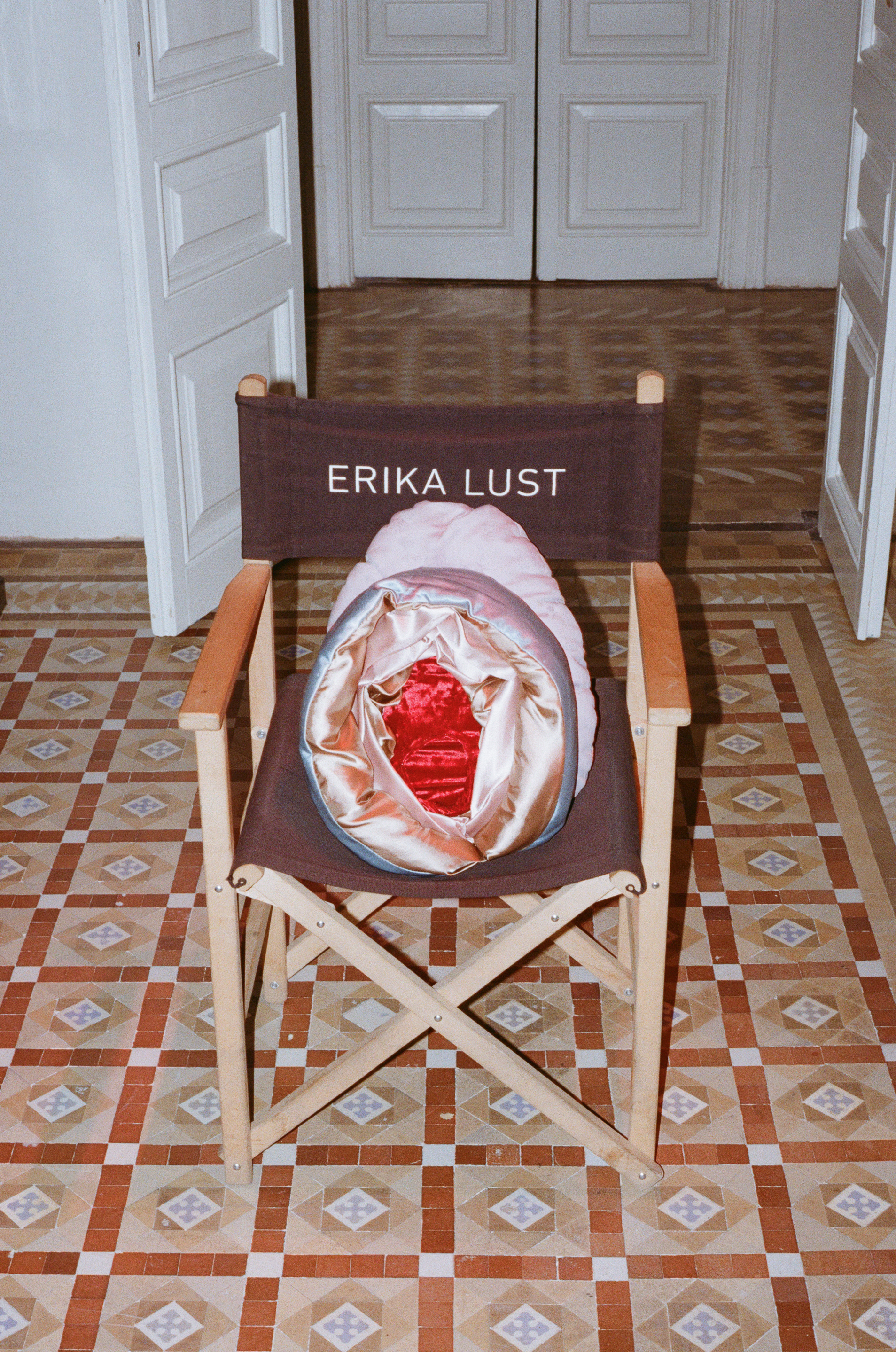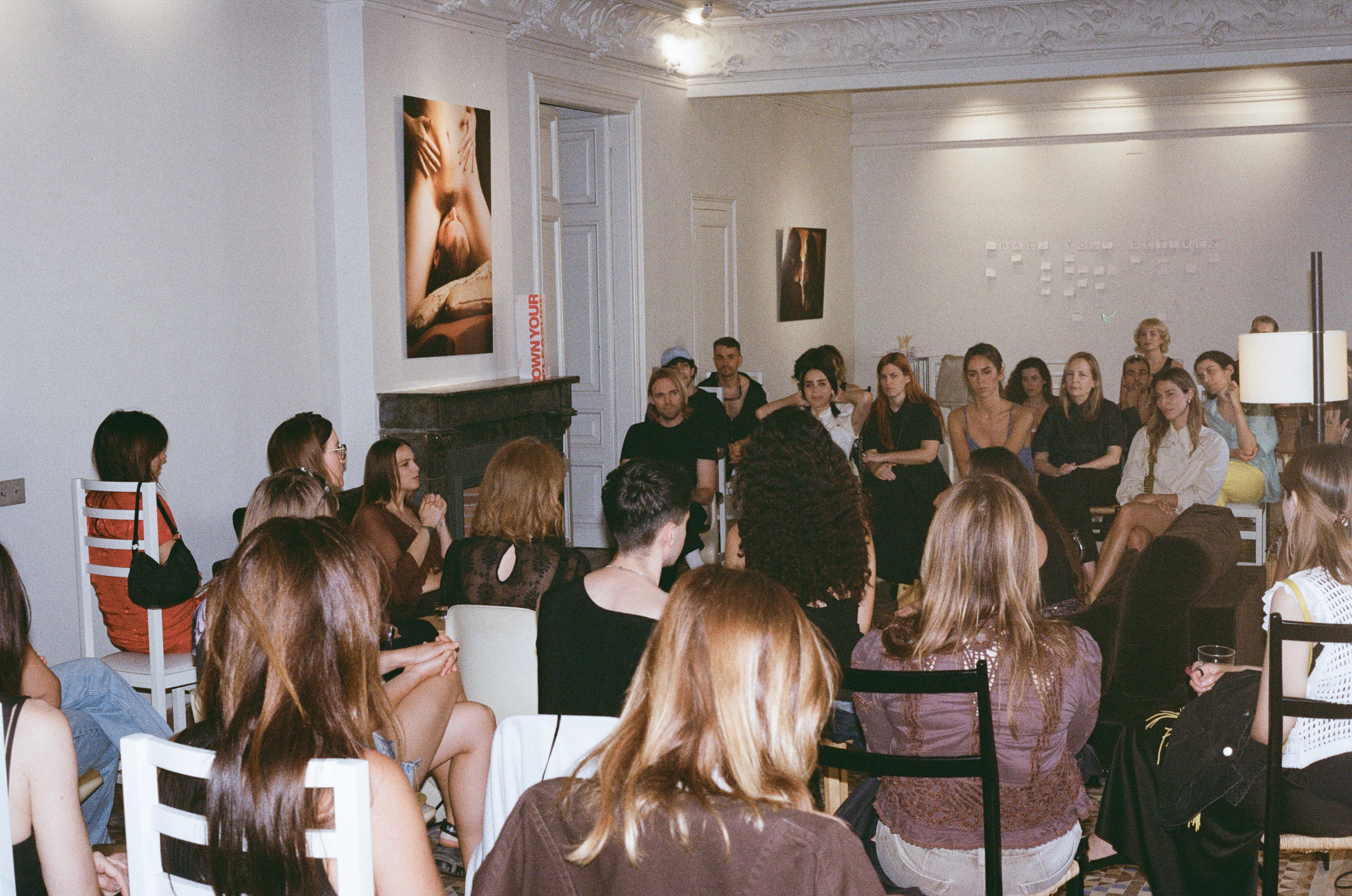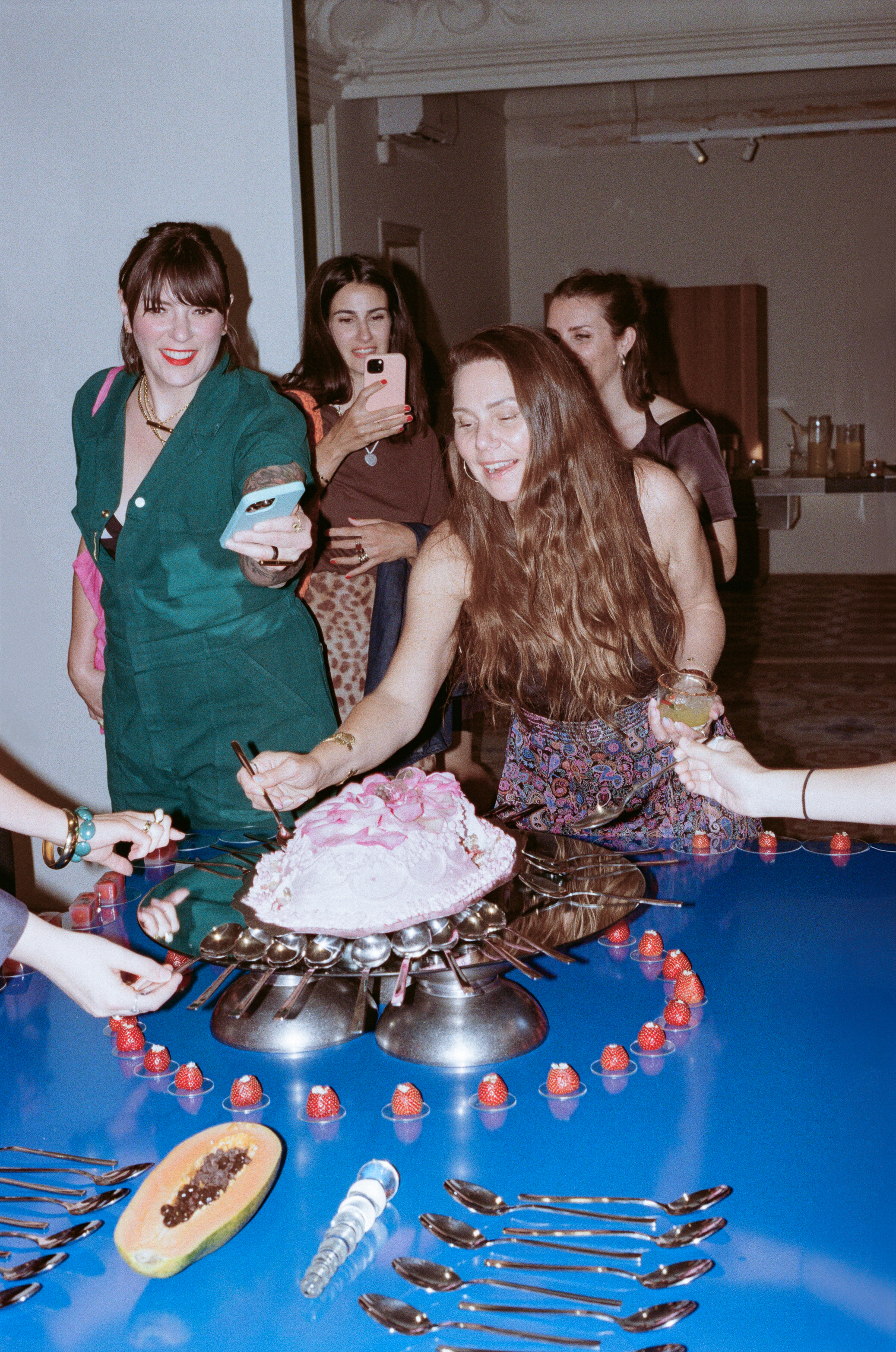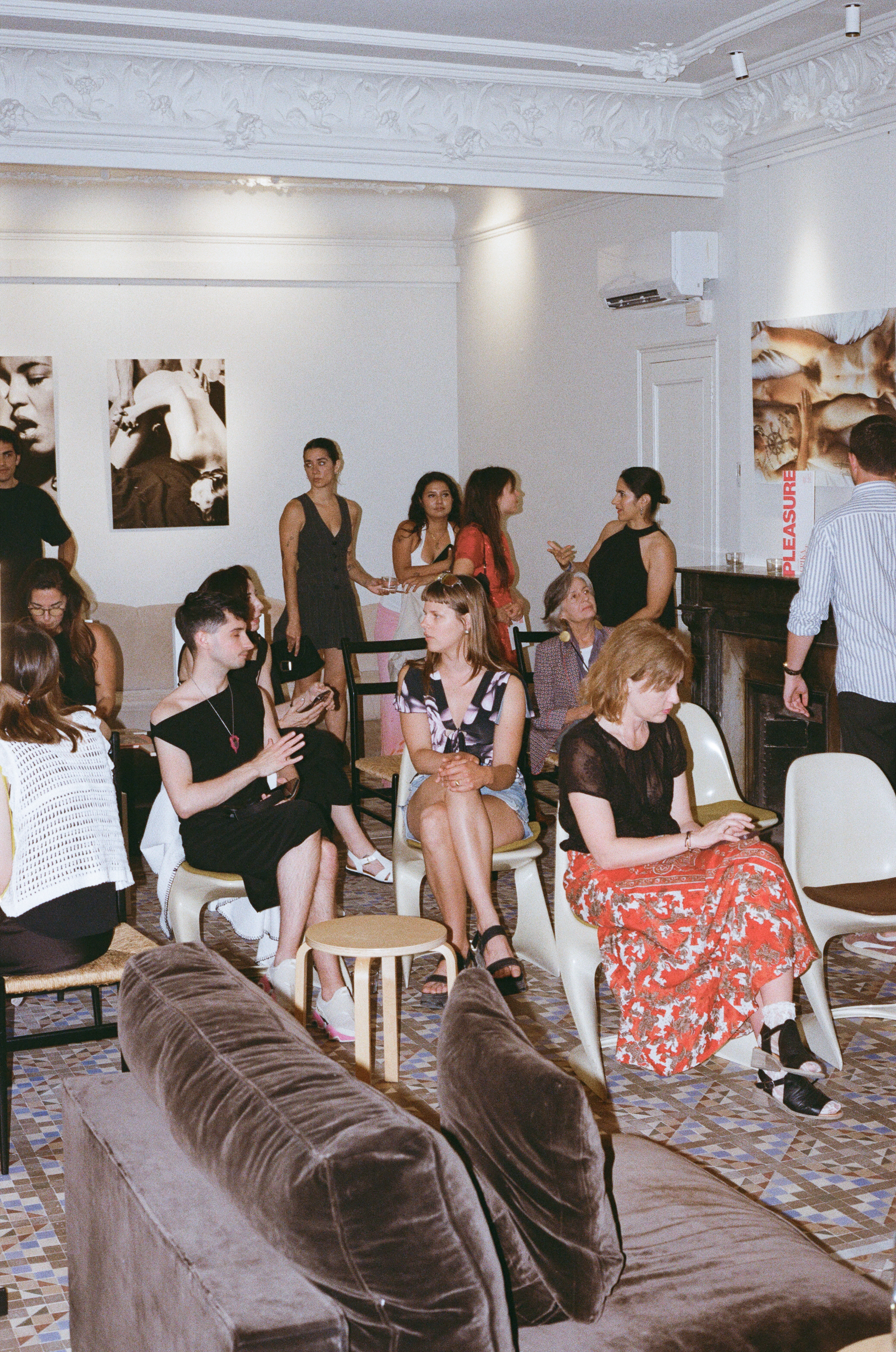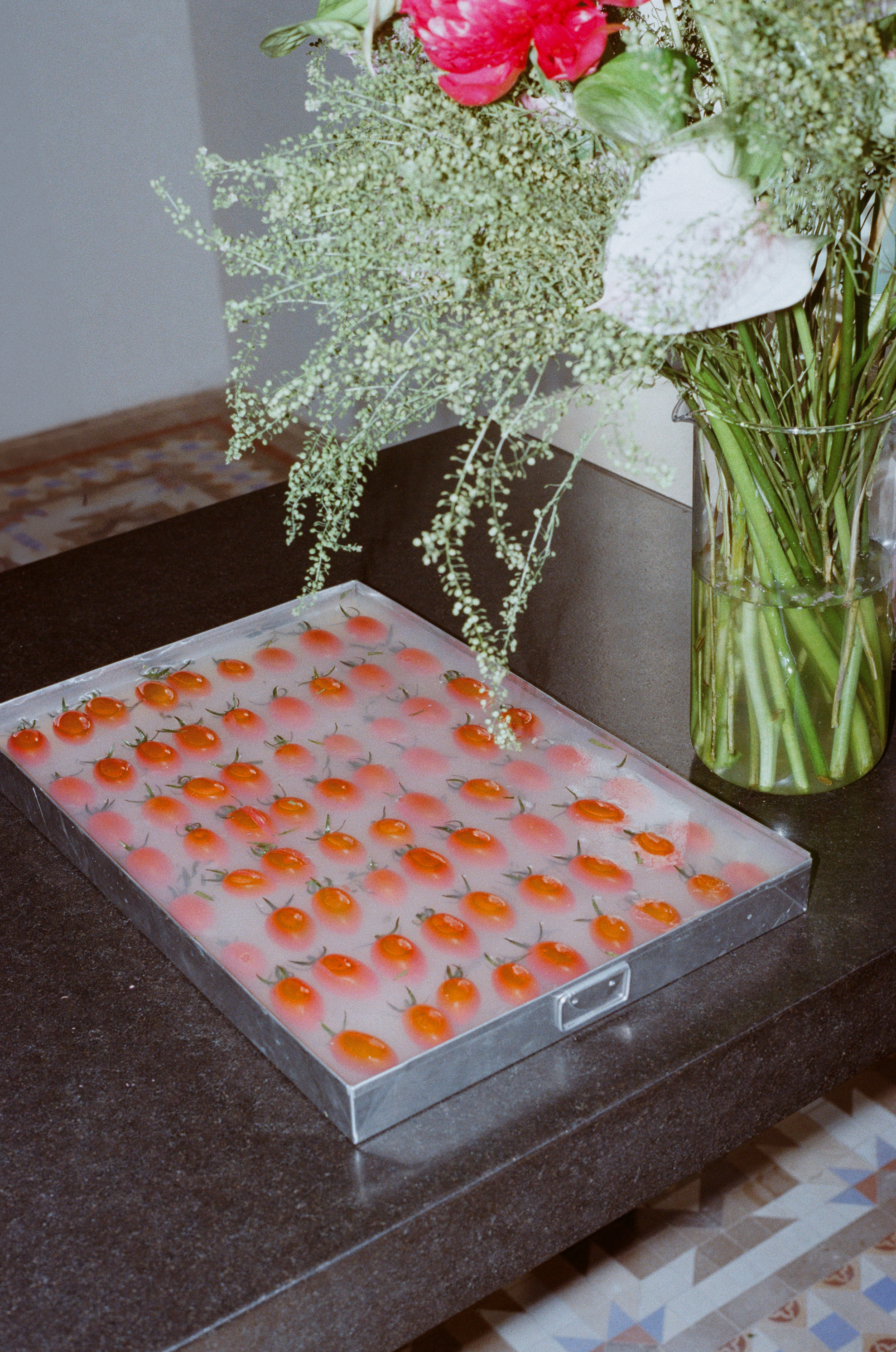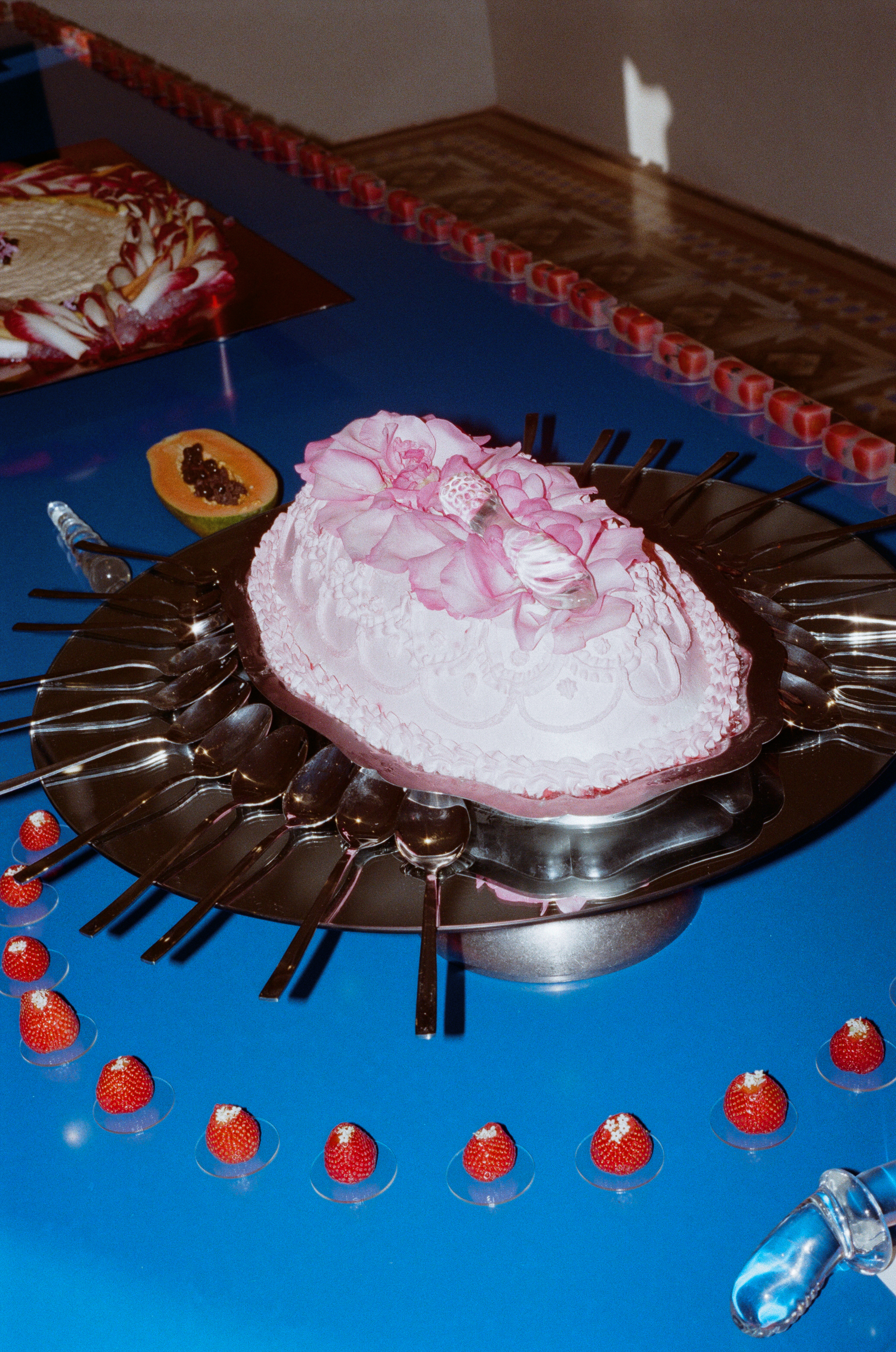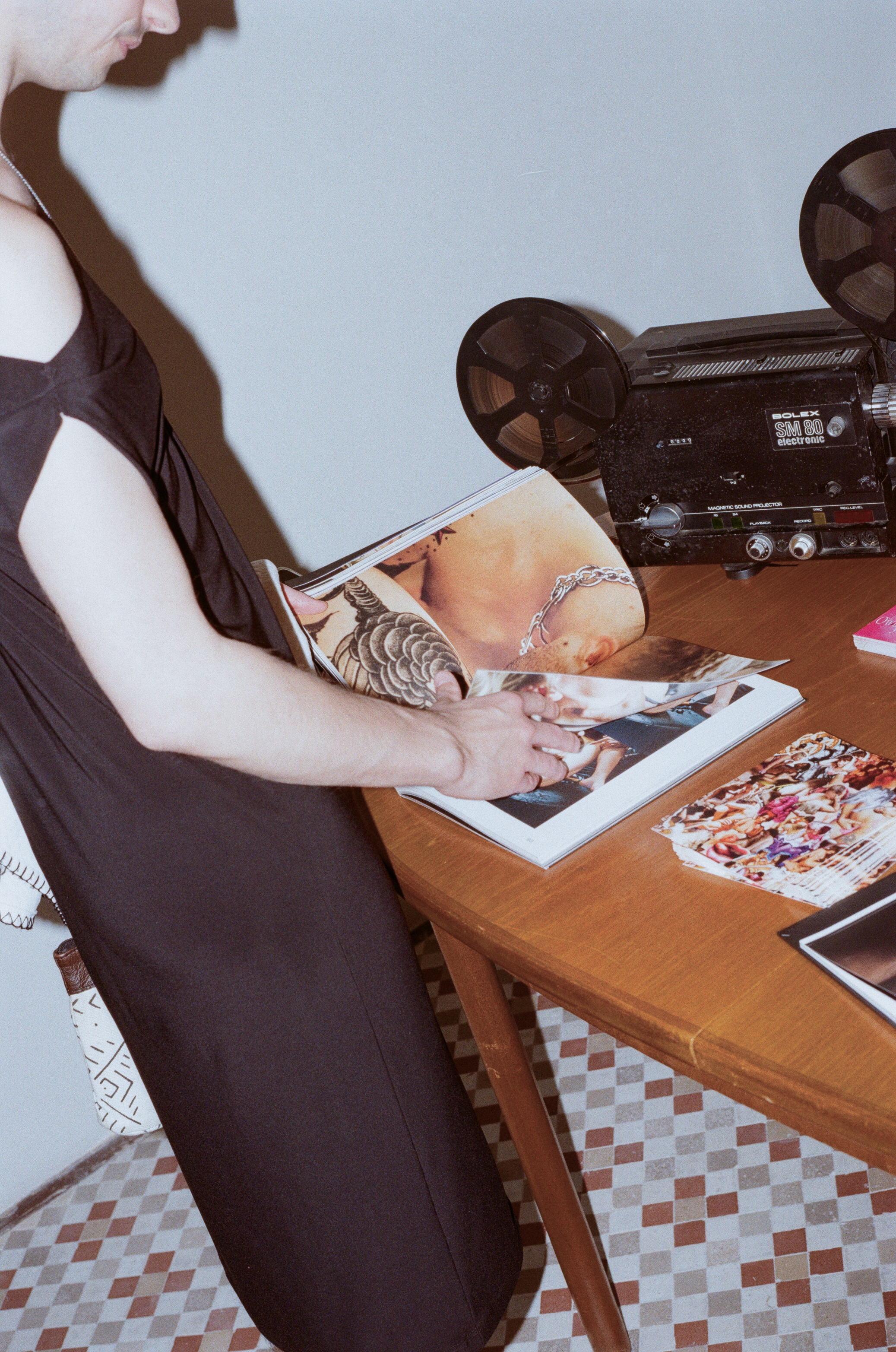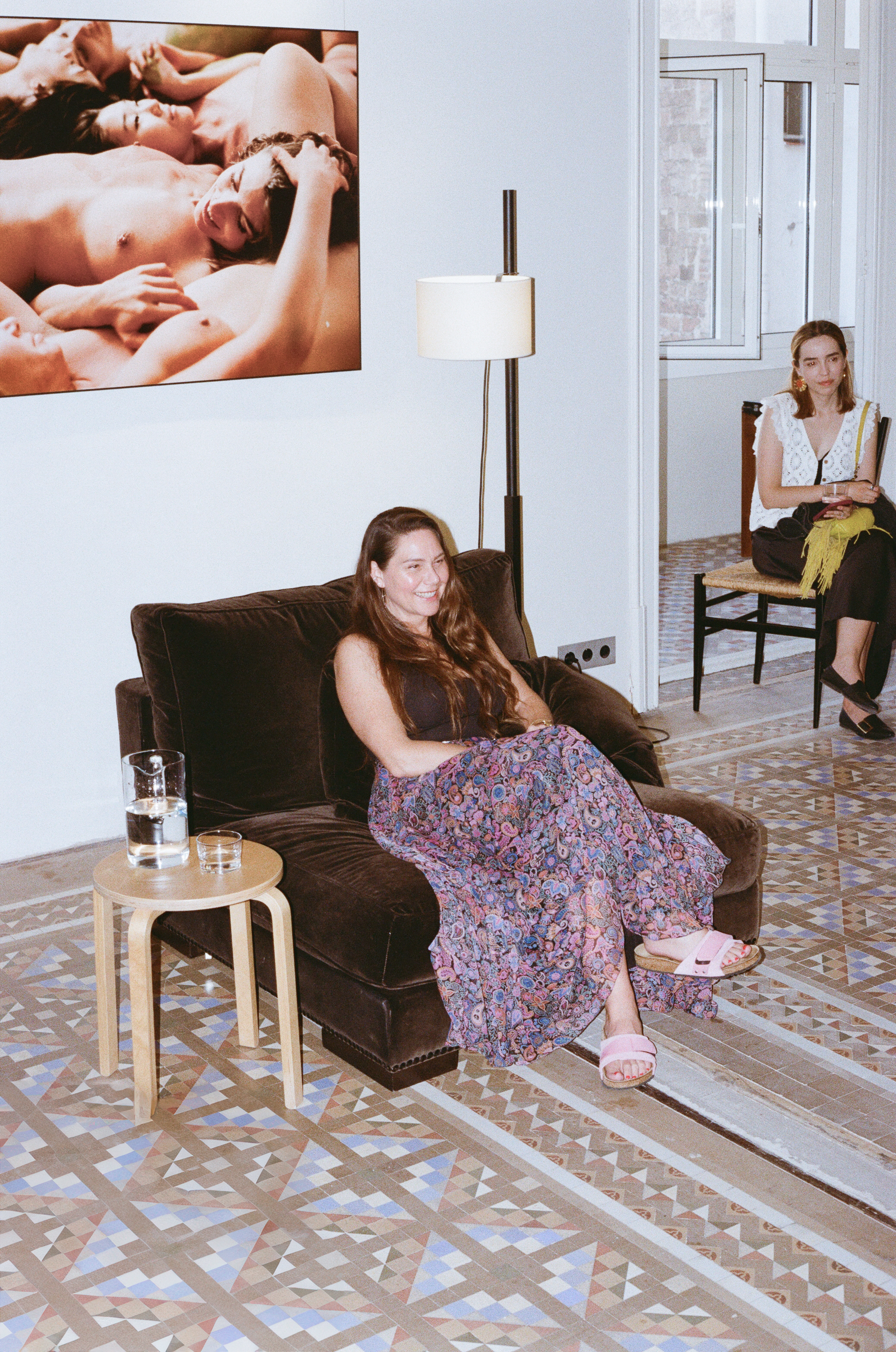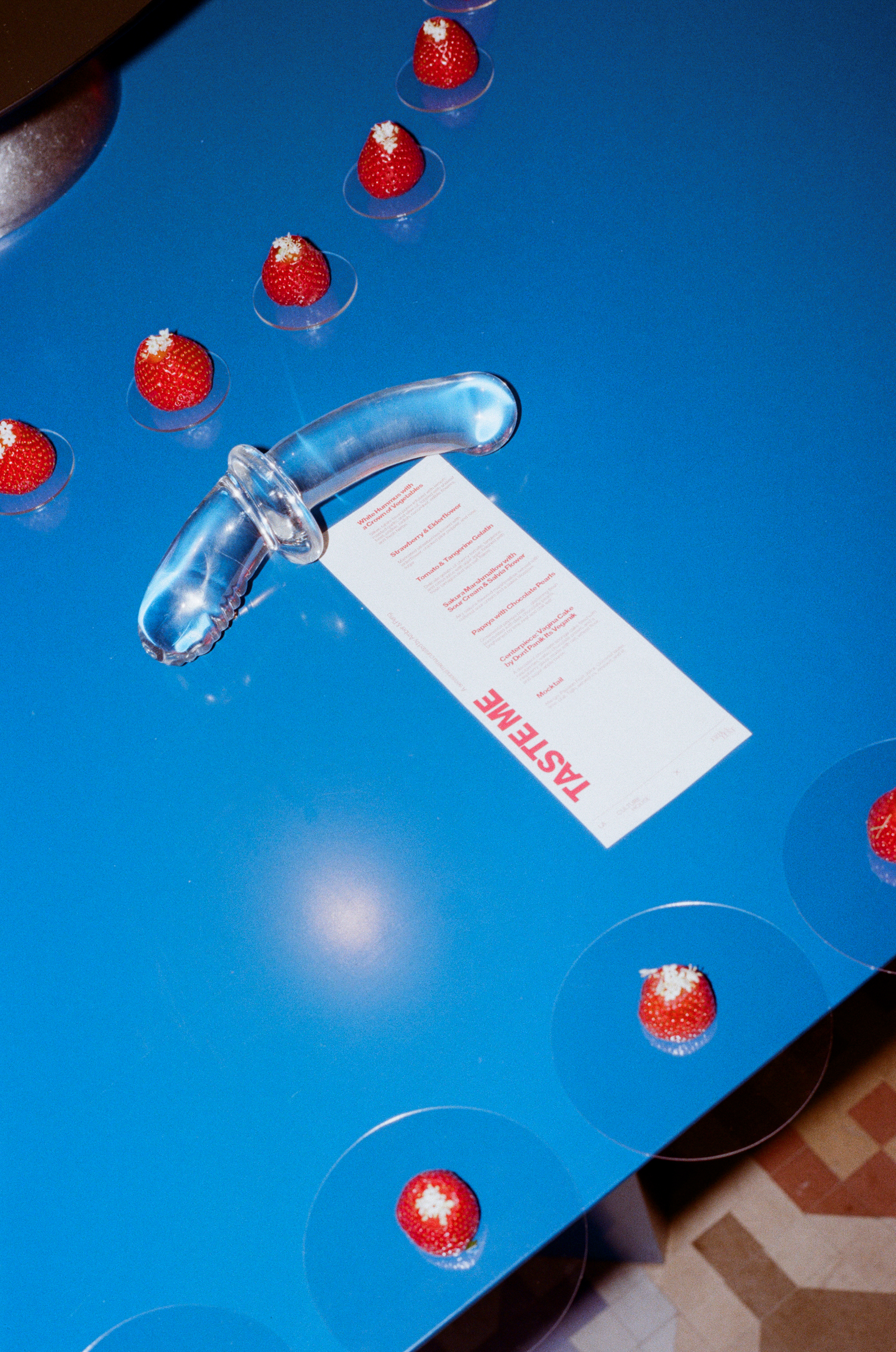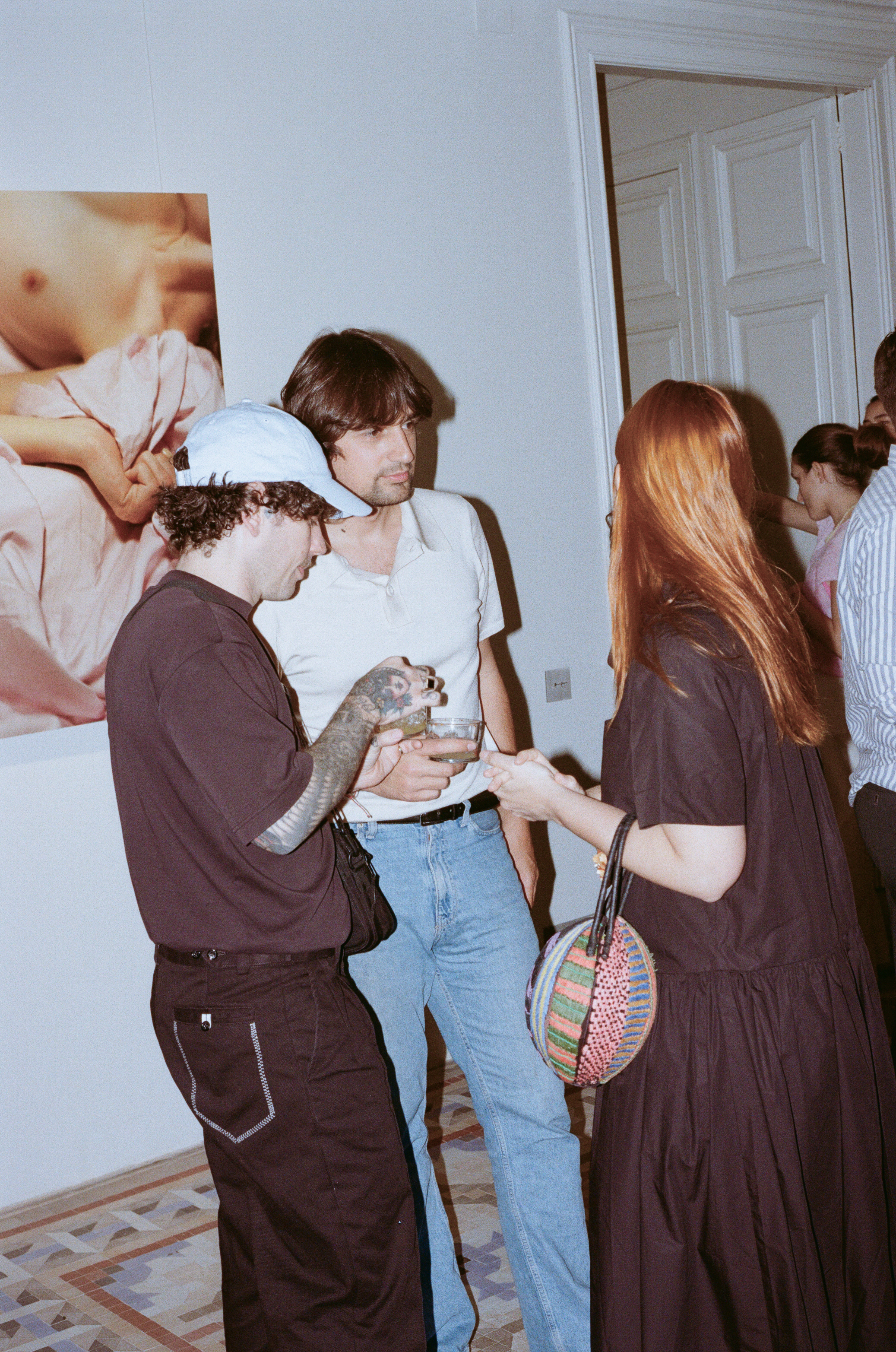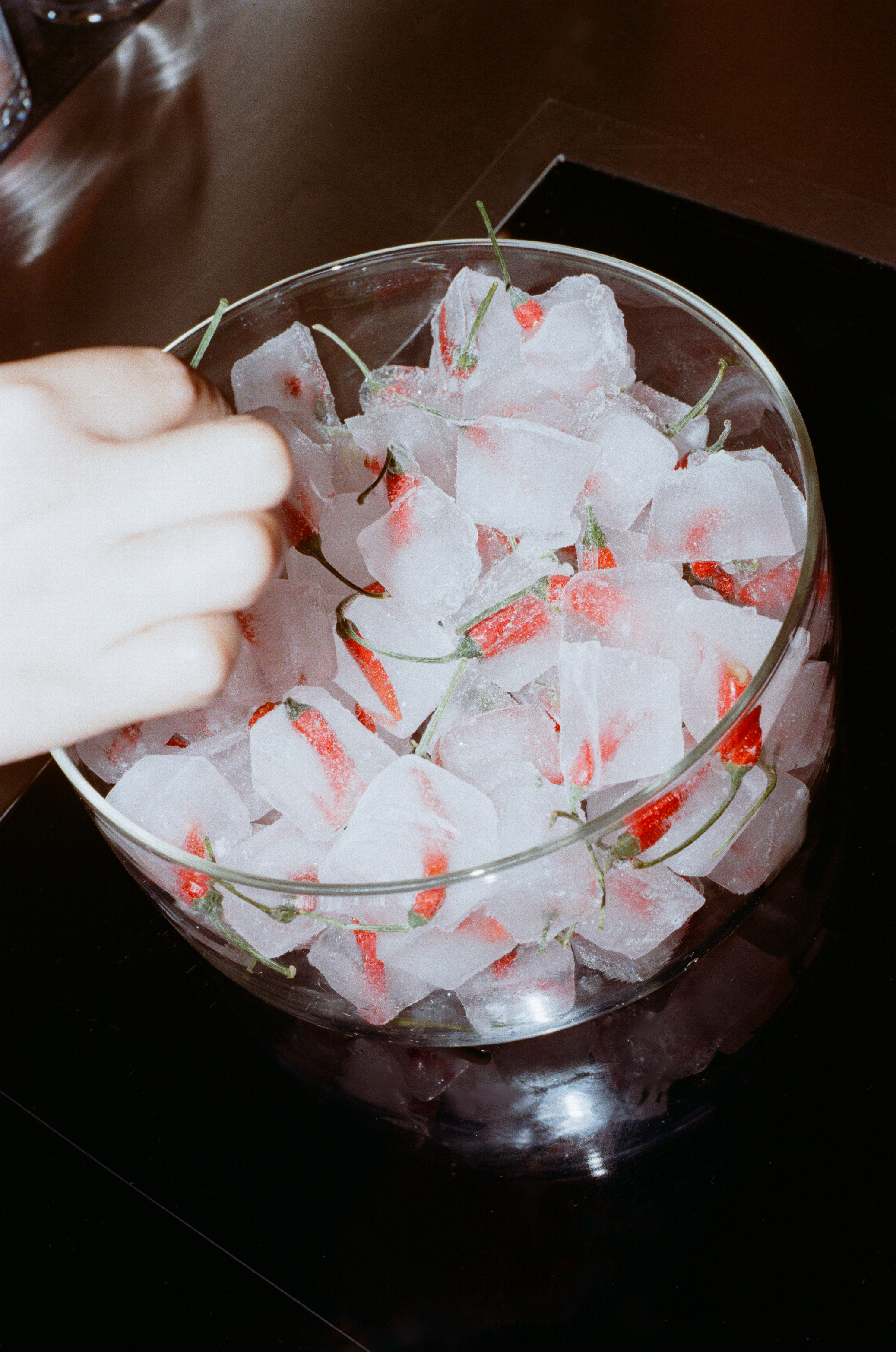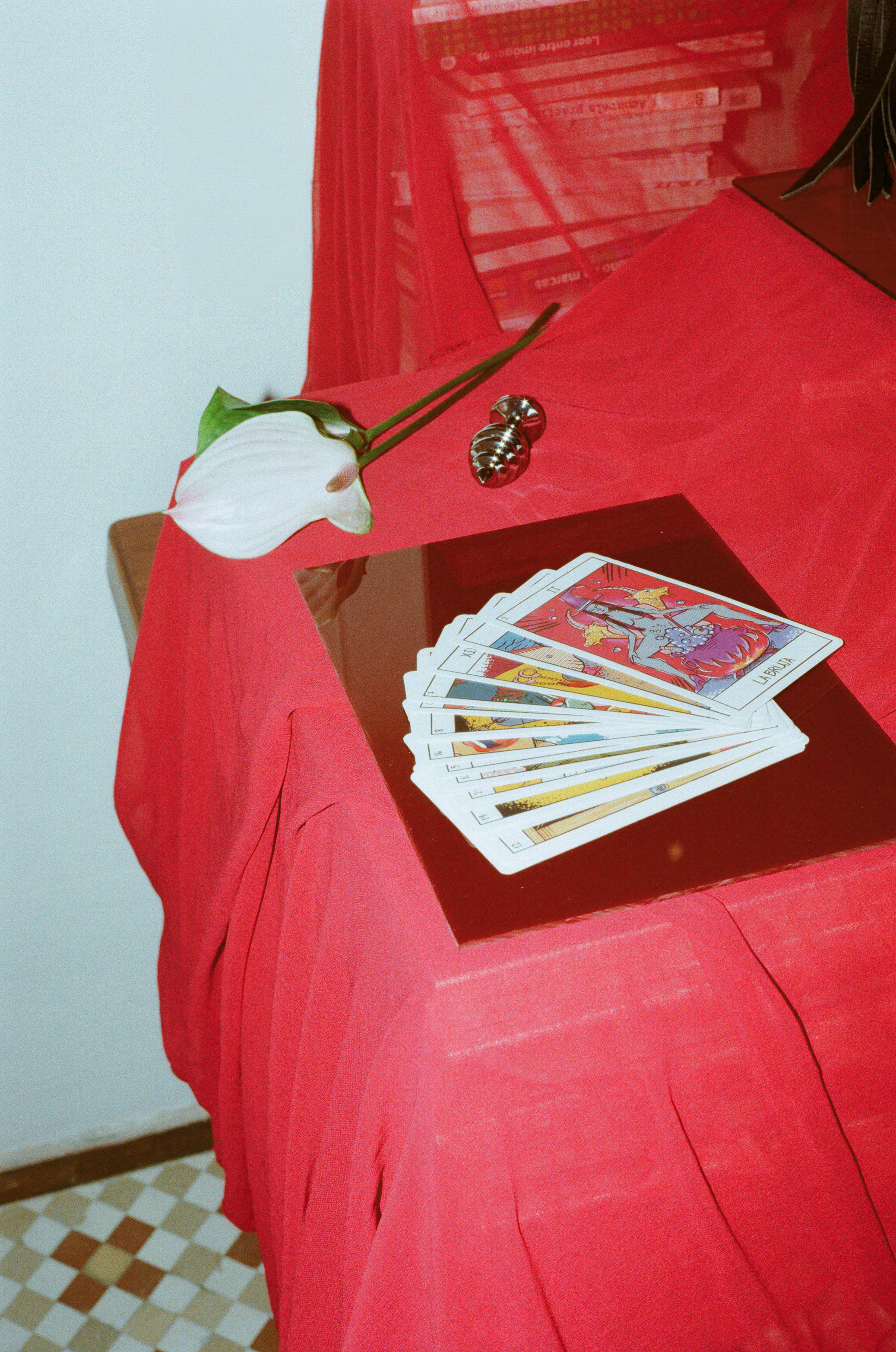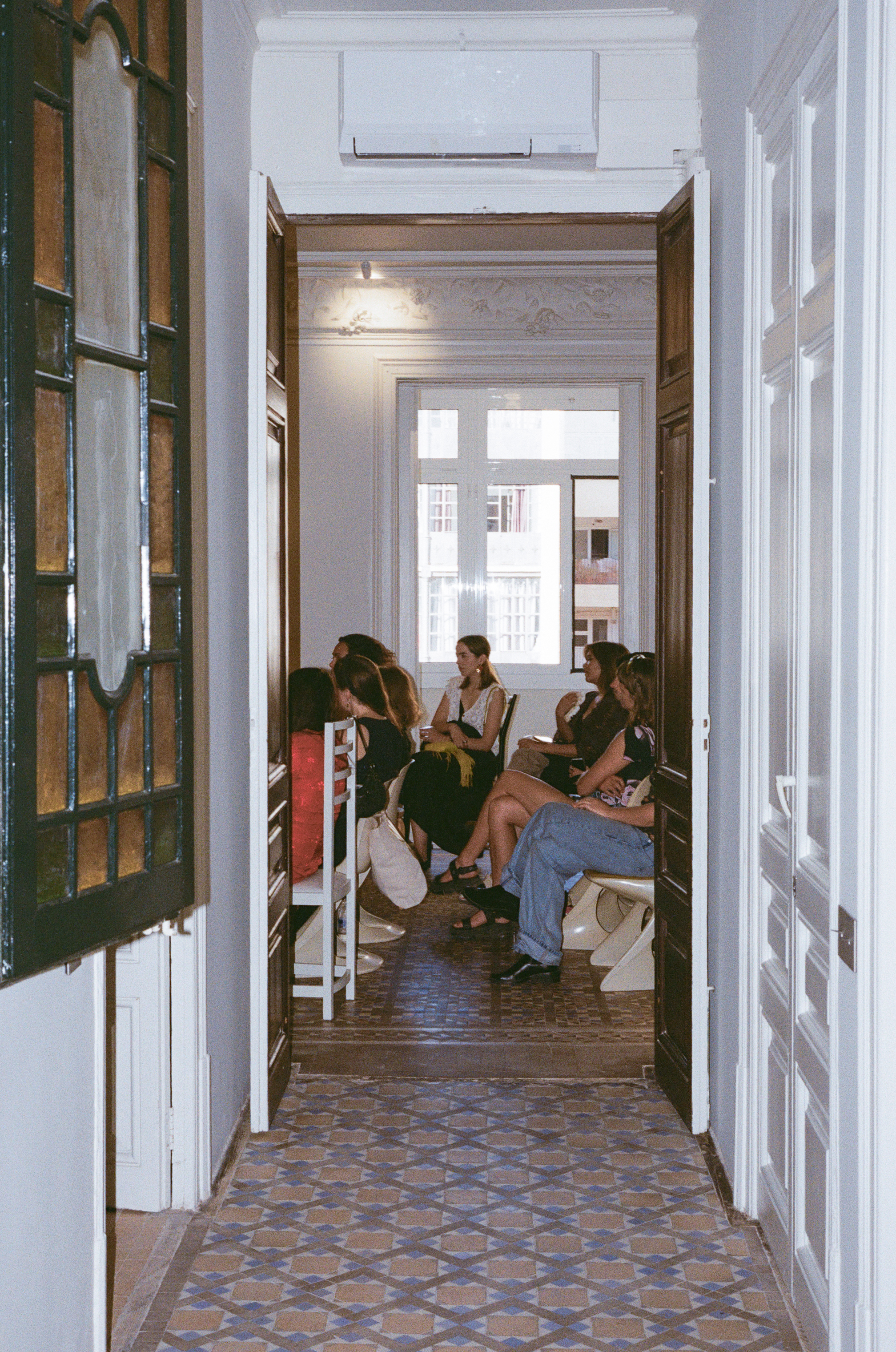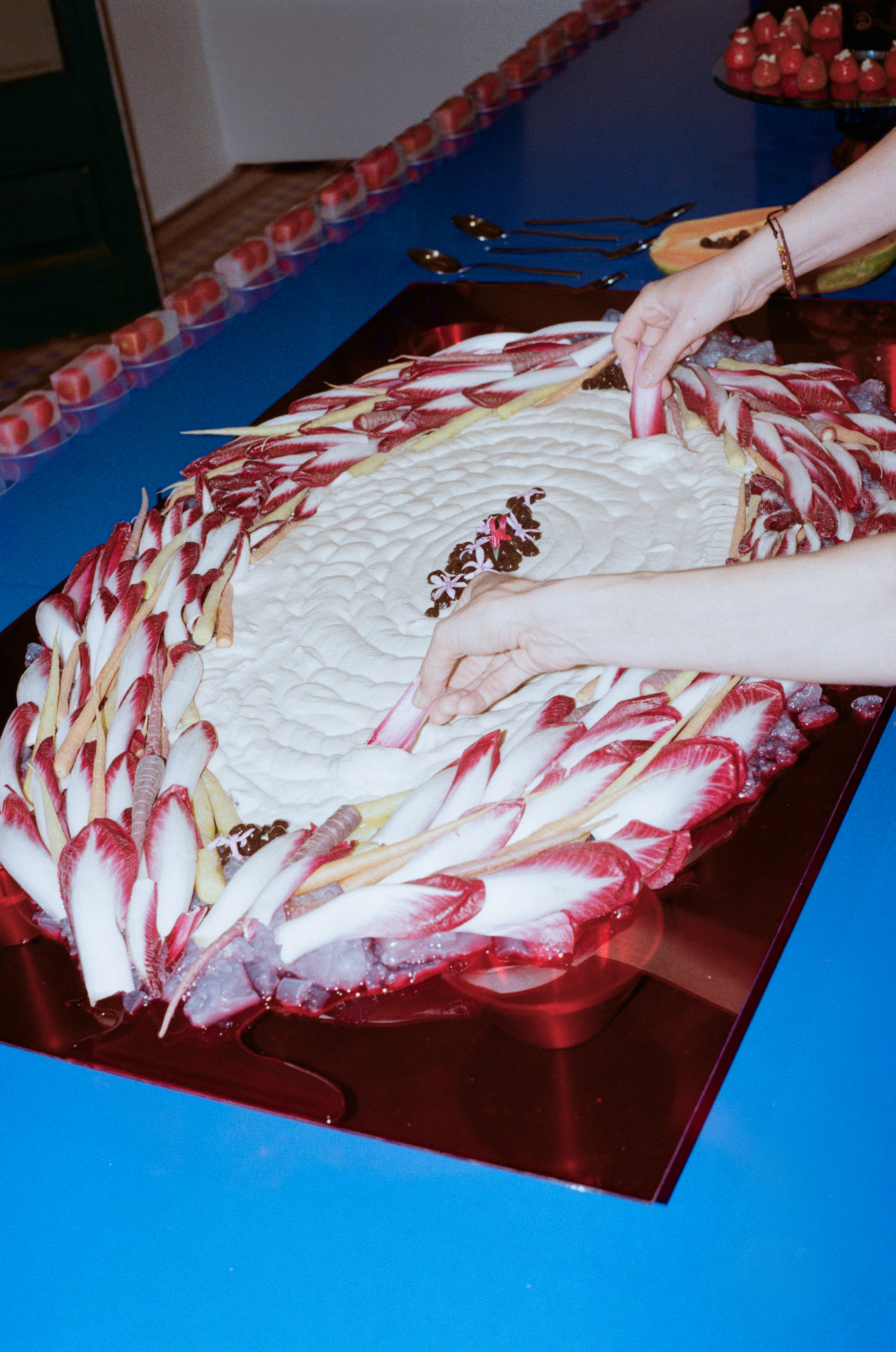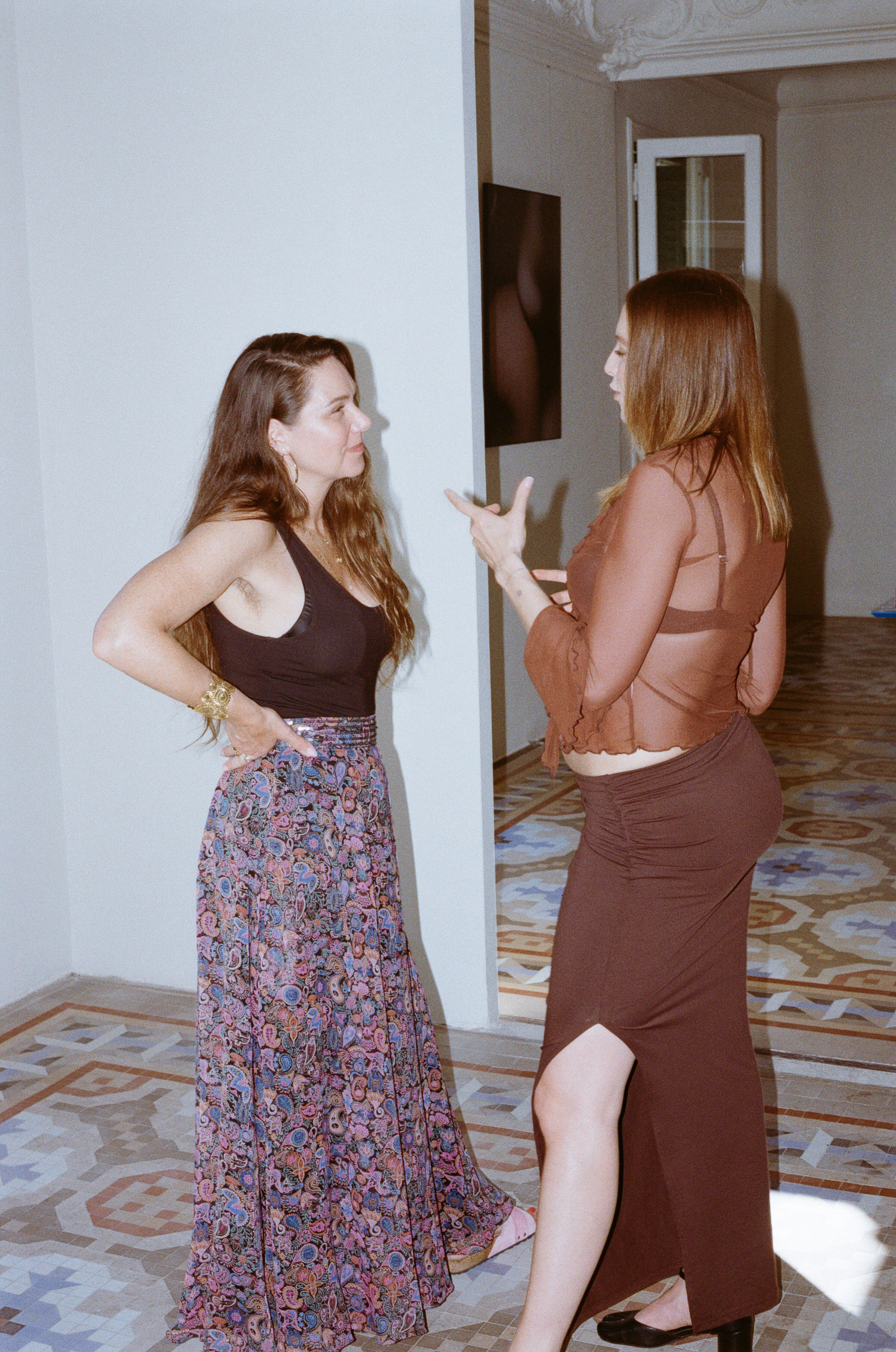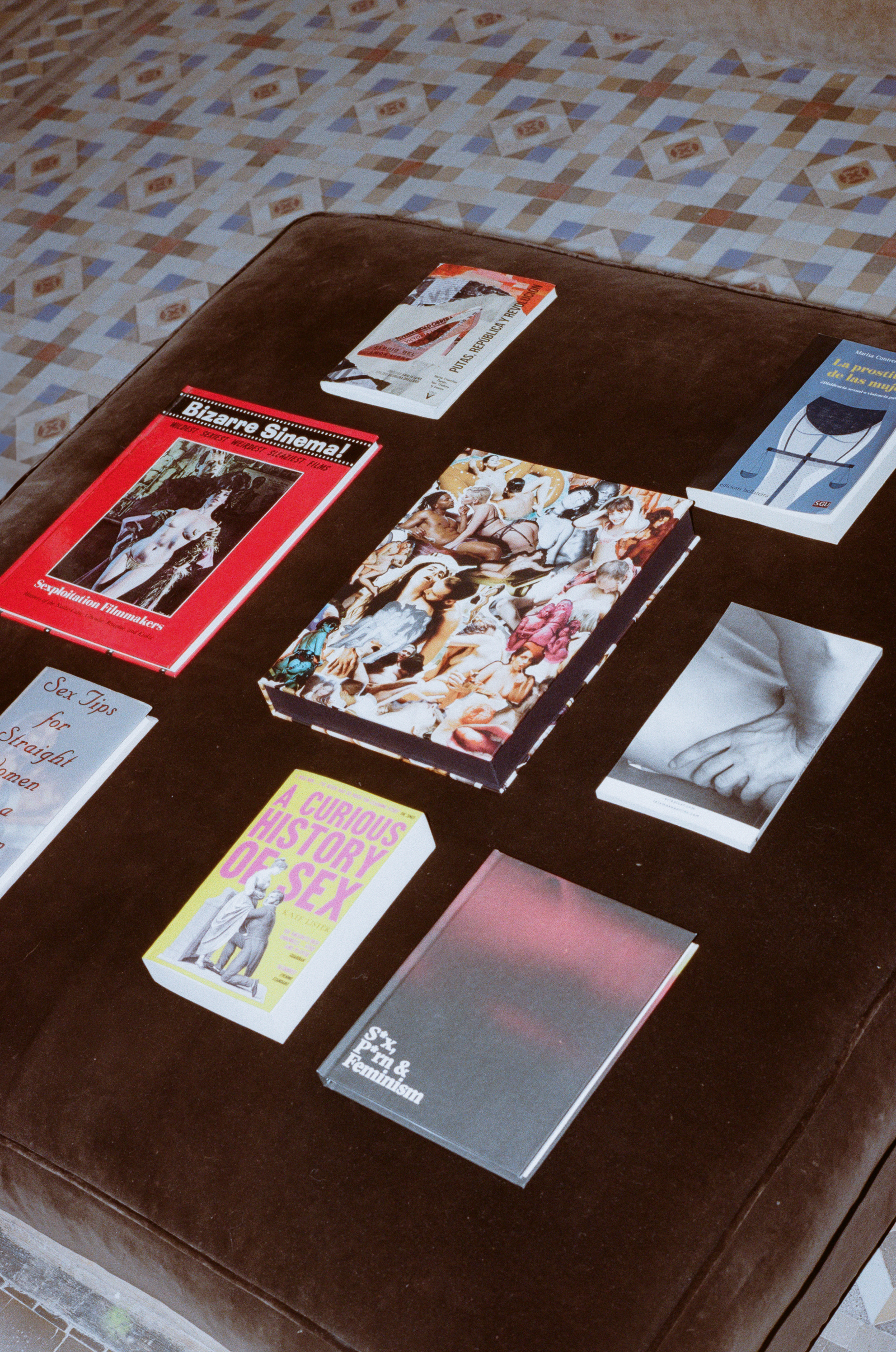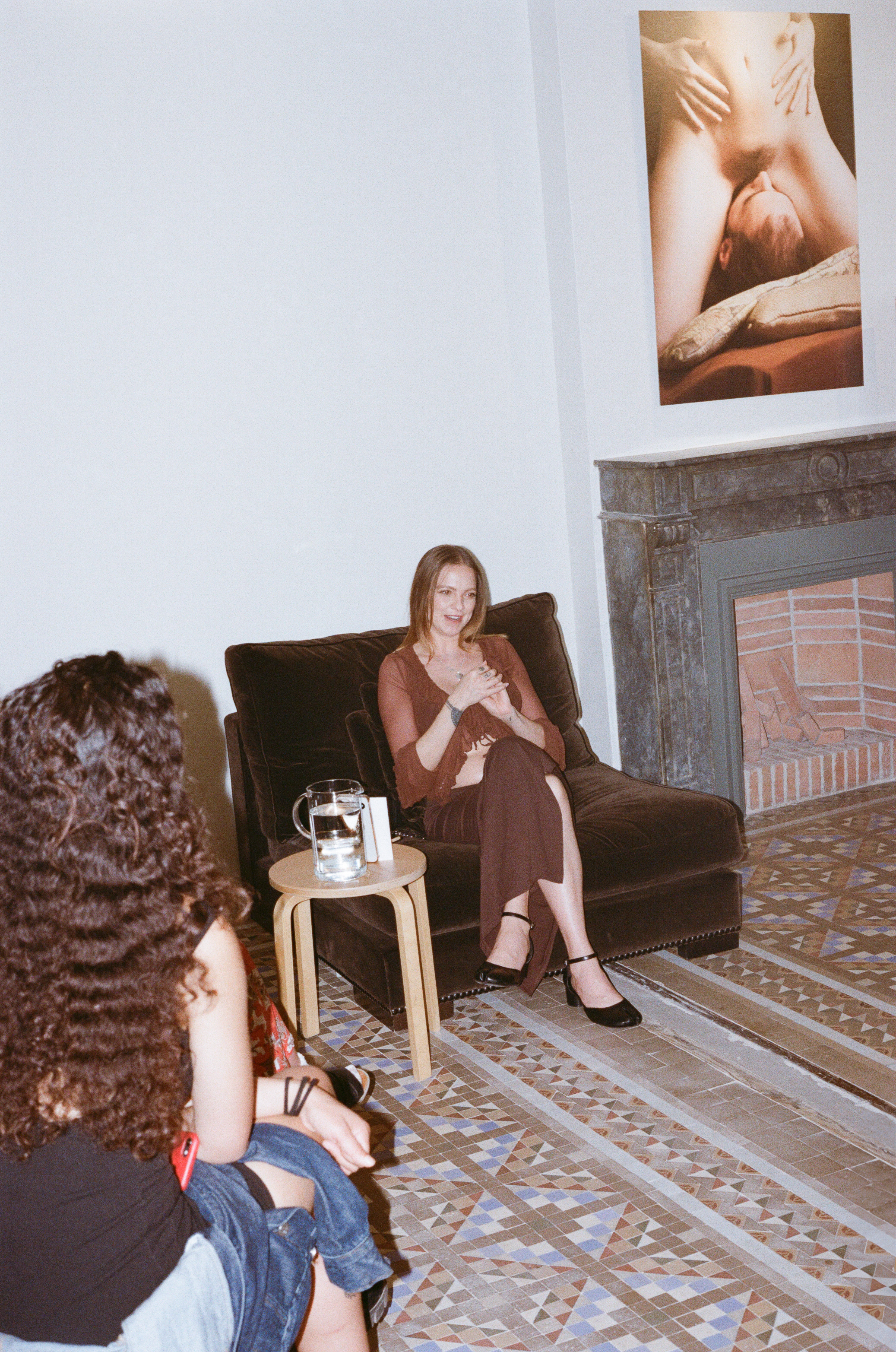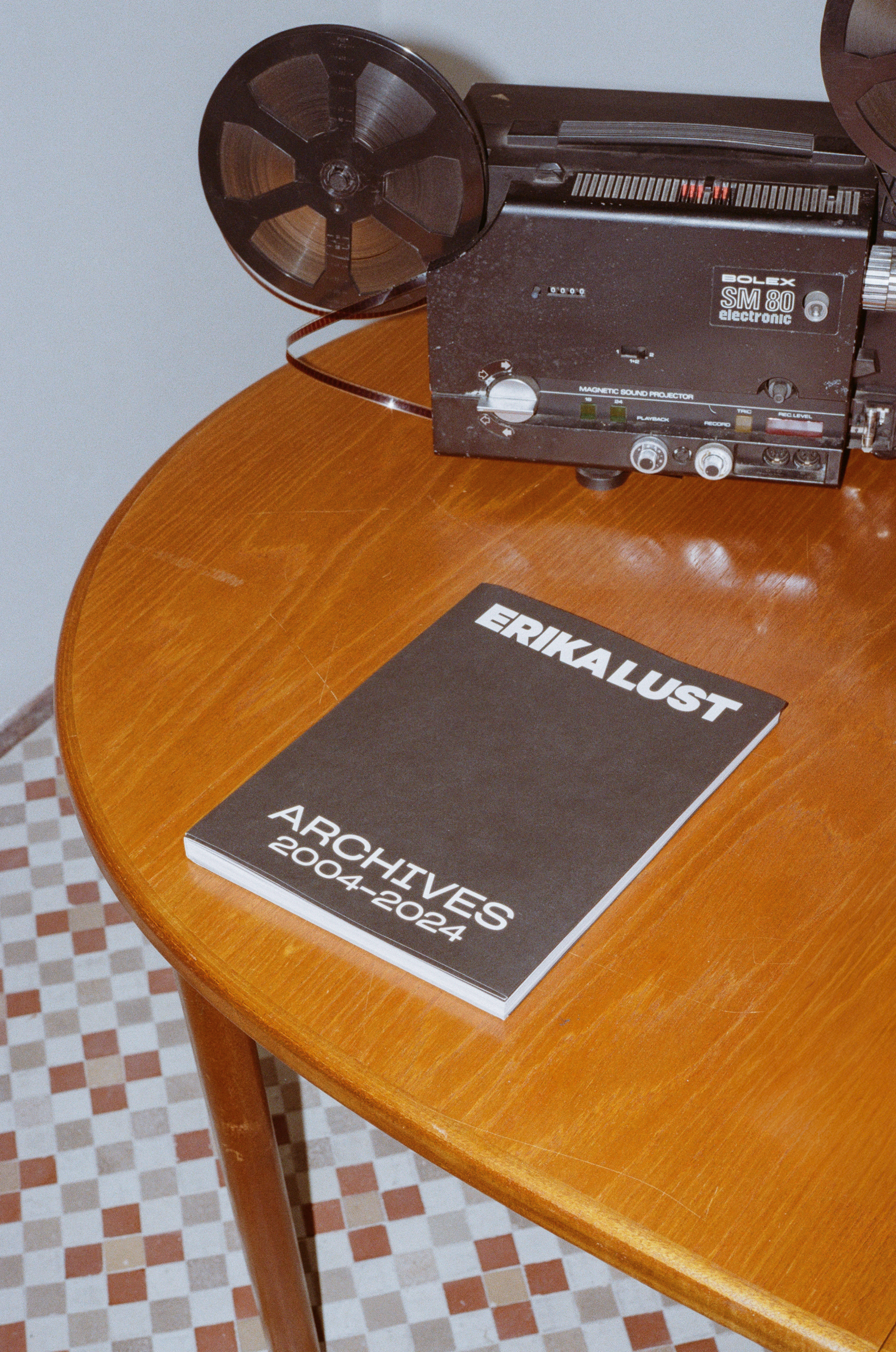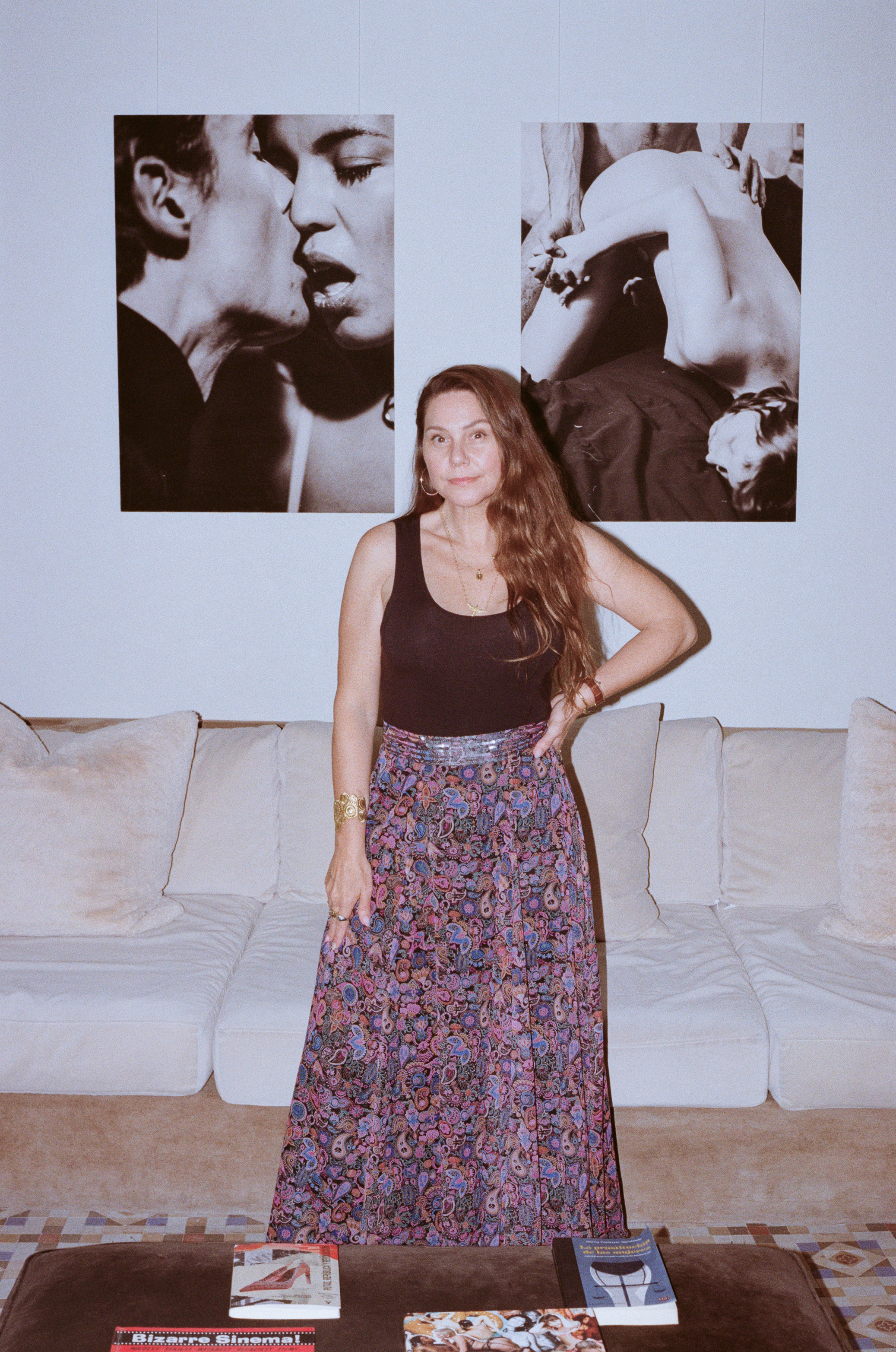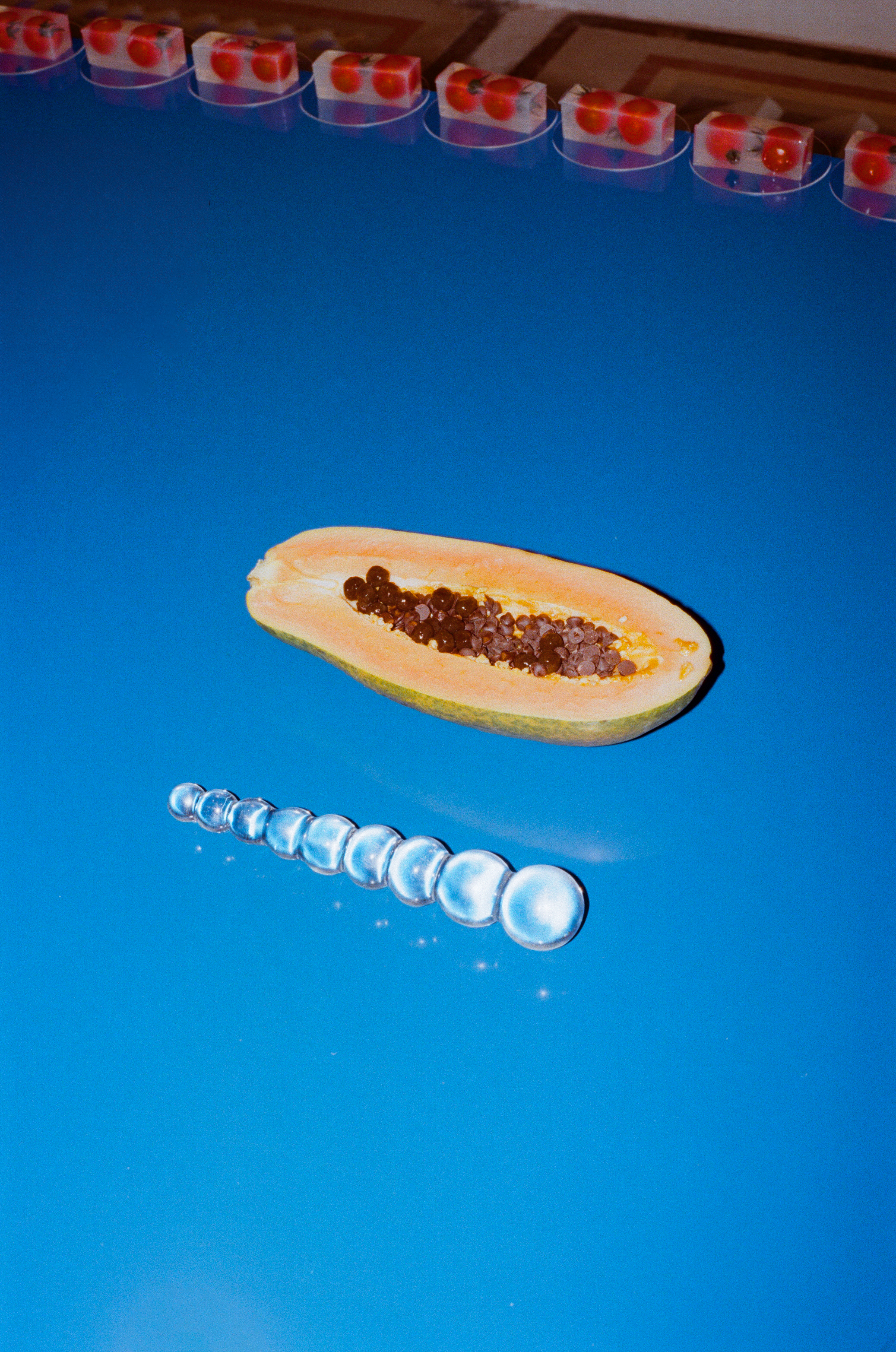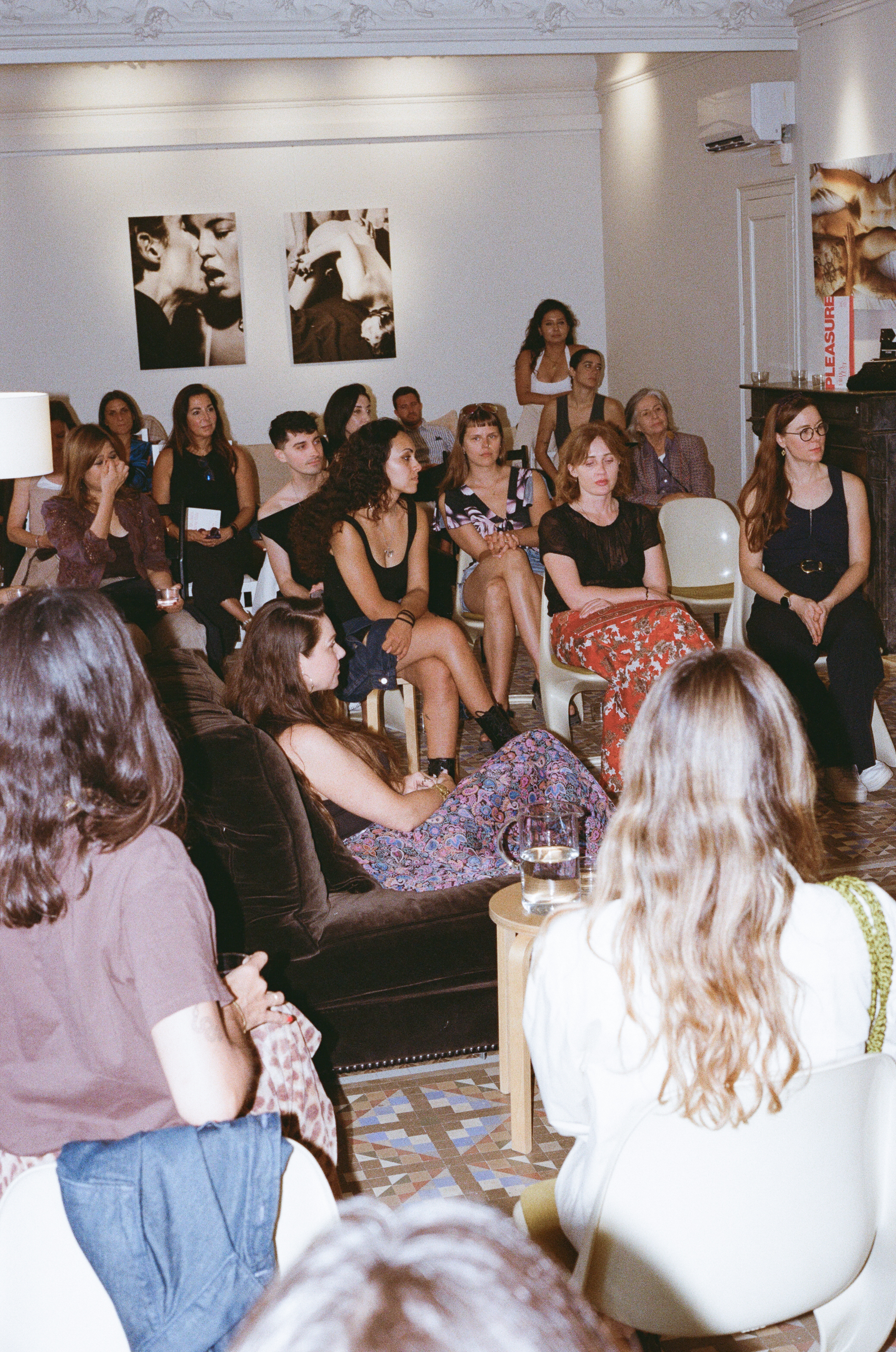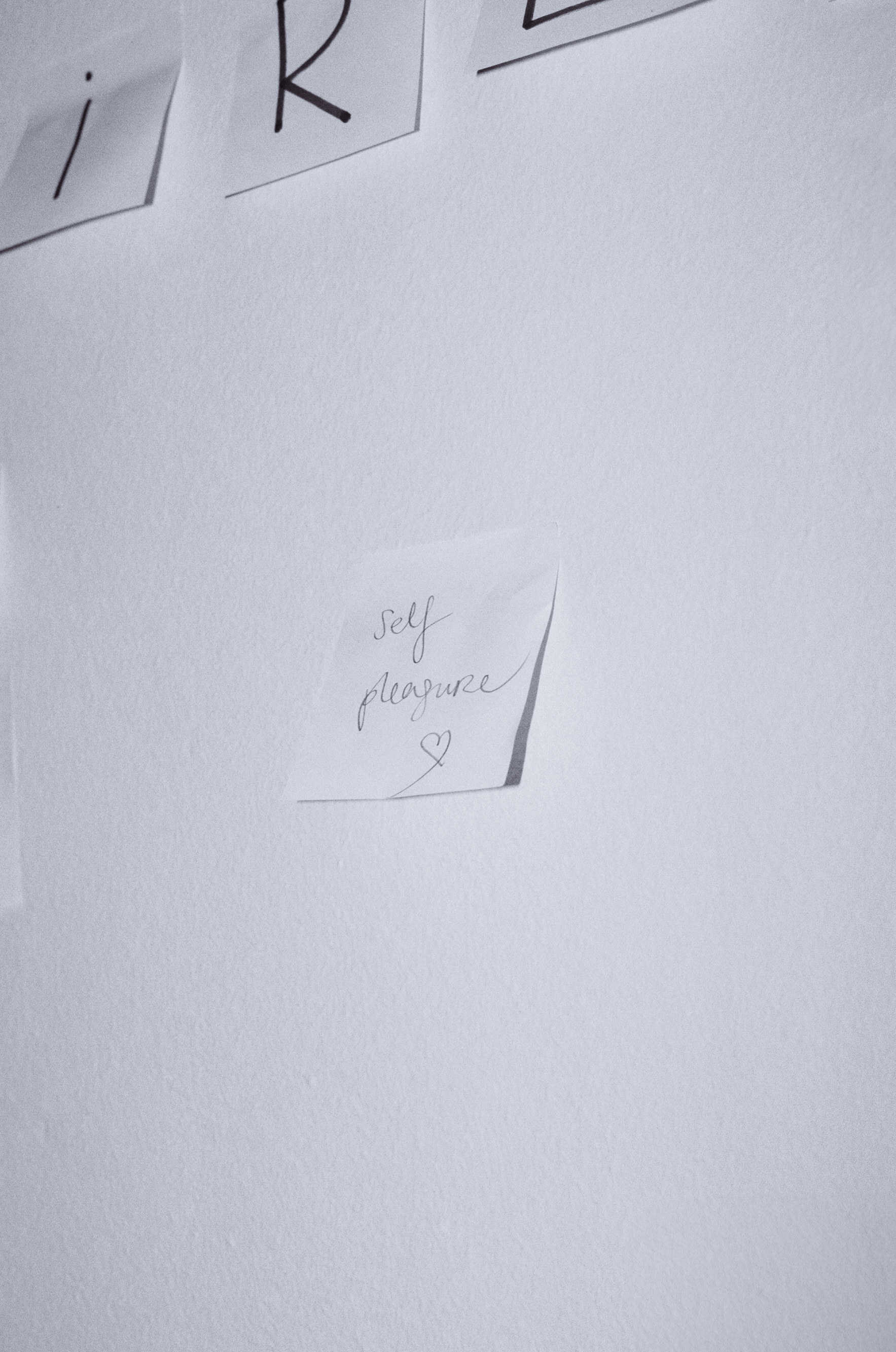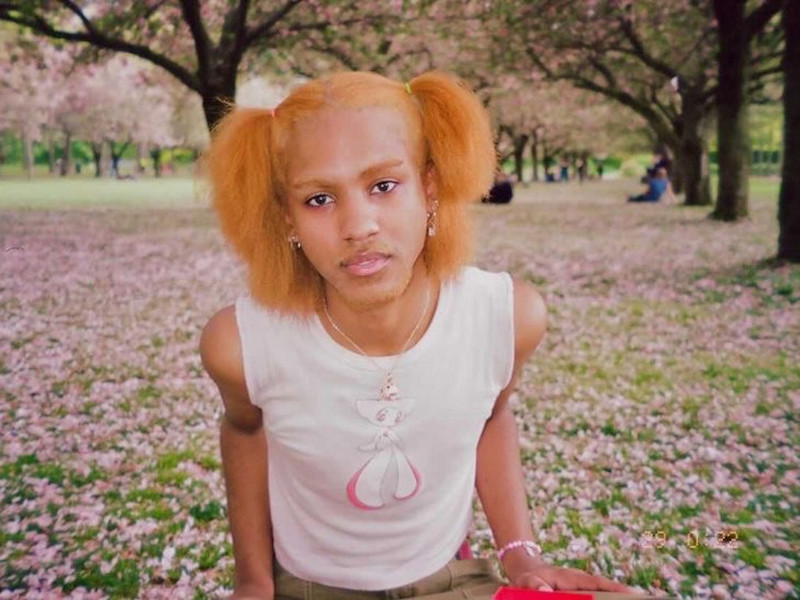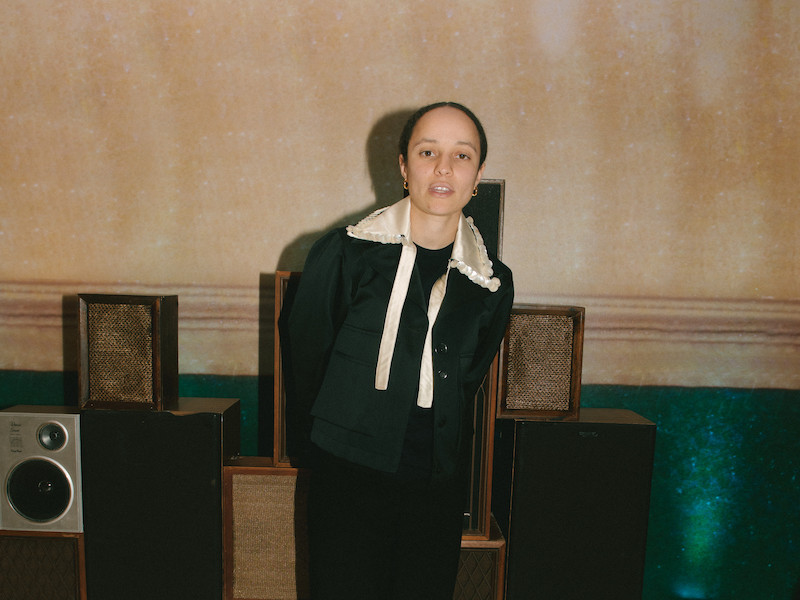Amir Hamja Makes A Bang

As a student enrolled in pharmacy school in Bangladesh, Hamja became bewitched by foreign films, binge-watching the likes of Korean indie Bandhobi and Italian drama-comedy Cinema Paradiso. Therein began his love for cinematography and, by proxy, photography. He became wholly dedicated to the craft, obsessively immersing himself in the realm of color, texture, light, and composition. With the ability to exaggerate or enhance details that would have otherwise been overlooked, Hamja brings the subtleties of everyday life into sharp focus. By the end of his NYTimes fellowship, his work was featured on 18 covers and four front pages.
Hamja and I hopped on FaceTime one evening in June, and from his sun-soaked Greenwich Village fire escape, he walked me through the trajectory of his career and what it takes to be (what I consider) a legend in the making.
I can imagine that leaving your home country for an unknown place is a daunting endeavor. Who or what did you leave behind in Bangladesh?
Honestly, it's not about who I was leaving behind — it's more about the timing. I’d already tried twice to get a visa to the United States and it kept getting denied. So when the third time came around, I was already working with our prime minister in Bangladesh on a big biographical documentary. I was very happy with how my life was going back home. After my school increased funding for their portion of the scholarship to the International Center of Photography (ICP), I was able to apply again and suddenly got the visa. I needed to move quickly since I was already late to join the ICP orientation. I literally prepped everything in 7 days and just jumped. I’d studied pharmacy and one of the senior students was like a brother. He always believed in me and had moved to NYC after graduating. It was the only person I knew in the city so if he didn’t answer my call, I didn’t know where I’d be staying. It was do or die. I stayed on his couch for almost a month until I figured out my own space.
See, that’s why I love South Asian culture: everyone becomes family.
Yeah, I can always count on him. Even now, I can call him and go stay at his place.
Pharmacy and photography couldn’t be further apart on the spectrum of careers. When did you get interested in photography?
I finished pharmacy school because I didn’t have any other option but I knew, in the second year, that I was going to be a filmmaker. I was watching a crazy amount of movies during that time and felt like it was something I really wanted to be a part of. I couldn’t pinpoint what it was but slowly figured it out. Color. Light. Composition. The way the camera moves. It was all so exciting. So I made a plan. I downloaded a bunch of eBooks and learned that if you want to be a cinematographer, you need to be a good photographer first. I taught myself everything. I figured everything out on my own.
You’re a hustler! Did you, at any point, think about quitting?
No, there is not a single moment in my life when I thought about quitting or doing something else. This is it. This is what I want to do. I don’t care about anything else.
What’s it like to know exactly what you want to do? How does that feel inside?
It’s like having tunnel vision, which has its pros and cons. I never tried any other art form after that. Maybe I’d be good at something else but I wouldn’t know. I never wanted to try because I was so focused on my own goal. Early on I knew I wanted to have 100 percent ownership of my own life. I want to make my bread and butter — everything — from film.
When you’re on the road, what can’t you live without in your kit? What are you always carrying with you?
Most of the time I carry a 50mm lens. However, nowadays things have changed. The way I see things has changed. I’m happy just going around with my phone or using any camera.
What about when you’re looking through a lens — how do you know when it’s the right moment?
Sometimes you try to read about the subject before. Who is the person? What do they do? Do a little research so you can have some sort of conversation with them. From there you can build your vision. If I can scout the location before, that’s great. But on set, when I’m shooting, things change. Suddenly, I see some light or a wall or something. It’s all random —- I cannot control those elements.
You recently wrapped up a prestigious fellowship at the NYTimes. What will you tackle next?
I want to shoot more portraits. More art and culture-related work. I’d love to push myself towards magazines more.
Do you have any advice for aspiring photographers out there?
Figure out what you want so you’re not distracted. Once you know what you want to work on, reach out to editors right away. I did it in my own crazy way: emails or DMs on Instagram and LinkedIn. Sometimes it worked, sometimes it backfired.
But you also need to wait for your moment. When you know that you have good work. Don’t reach out with average work — reach out when you’re ready. The way people get assignments has changed now. All of the photo editors I know are active on Instagram. They’re always looking for new photographers. There’s no one way.
You just need to have the passion and the drive.
Yeah, because it’s your world. You need to figure out what you want from this world and what it’s made out of for you.
